Revels Fringe Spotlight: Seven Times Salt
Blogs
02.21.2024
Celebrate the season of love with Revels FRINGE at Club Passim, featuring Sophie Michaux and Adam Simon!
Buy TicketsBlogs
02.21.2024
For over 20 years, Seven Times Salt has been exploring, expanding, and morphing the tradition of 16th- and 17th-century English Concert repertoire, bringing their unique curiosity and creativity to historically accurate performances that “blur the line between art music and folk tunes in the concert hall, the dance hall, and the beer hall.” Made up of Karen Burciaga (violin, viola da gamba, and mezzo-soprano), Dan Meyers (recorders, flutes, bagpipes, percussion, and baritone), Josh Schreiber (viola da gamba and bass), and Matthew Wright (lute, cittern, bandora, and tenor), the ensemble was founded around the corner at Cambridge’s Longy School of Music in 2003.
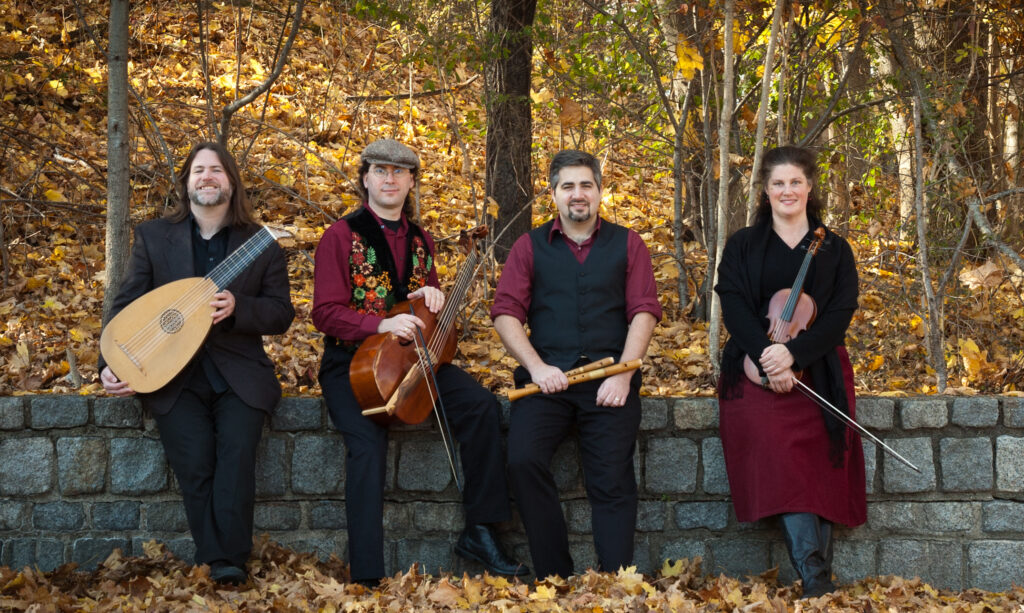
L to R: Matthew Wright, Josh Schreiber, Dan Meyers, and Karen Burciaga
Just a year before, Matthew Wright had missed the cutoff to audition for the classical guitar program at New England Conservatory. He was biding his time in Boston by working part-time at Harvard Square’s Tower Records when a man walked into the store with a lute case. The man was renowned lutenist and Longy professor Doug Freundlich, and Wright, who had grown up listening to his father’s English folk and Baroque records, was instantly intrigued. “I told him ‘I want to learn that instrument!’ and ended up going to Longy, because that’s where he was teaching,” said Wright.
In his first performance class at Longy, Wright met Josh Schreiber, a cellist who had found his way to the viola da gamba in college after years of being entranced by his father’s Early Music Revival albums. The two quickly bonded, and Wright began to lay plans for a more permanent musical collaboration; as a longtime fan of distinguished English lutenist Julian Bream and his Julian Bream Consort, Wright dreamed of creating an ensemble that could tackle the English Consort music he’d fallen in love with. His plans seemed to fall into place when Wright and Schreiber met Karen Burciaga, a classically trained violinist who had joined the early music crowd in Austin, Texas, and never looked back. “I was kind of tired of studying classical violin, so I started playing viola da gamba and Baroque violin instead,” said Burciaga. “It was so freeing. I think I just wanted to be in early music.”
But the growing ensemble had a problem – they couldn’t find a wind player at Longy to complete the quartet. Enter Dan Meyers, a friend of Burciaga’s who had discovered a love for early music while studying jazz trombone, later traveling to Ireland to study the Irish uilleann bagpipes. “We were watching a classmate’s graduate recital when Karen introduced us to Dan,” said Wright. “He said ‘you know, I think Julian Bream rocks!’ and it all kicked off from there.”
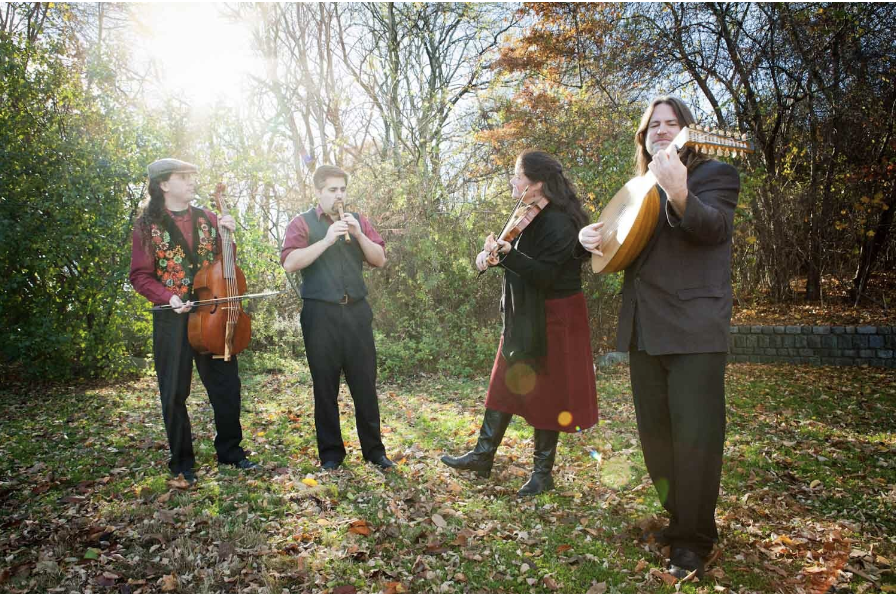
The quartet began rehearsing at the Quaker Meeting House in Harvard Square, where Wright was working and living at the time. Every Wednesday, they would gather to rehearse for what would be Wright’s graduate recital project. But once the recital was over, and the graduation requirement met, the musicians realized they wanted to continue playing together. They discussed band names over drinks, and eventually landed on Seven Times Salt, as quoted from Shakespeare’s Hamlet. “In the play, Laertes returns home to see that his sister, Ophelia, has gone mad,” explained Burciaga. “He says ‘tears seven times salt burn out the sense and virtue of mine eye’ – essentially, he would rather be blind than see his sister suffer. It’s heartbreaking, but we like to point out that a sense of melancholy was very popular in the 16th and 17th centuries, where a lot of our music comes from. On the other hand, an awful lot of what we do is the opposite, with jolly drinking songs and upbeat tunes. We draw together the serious art music and have fun with it as well, because this is the real music that people enjoyed singing back then.”
Drawing together the seriousness and the fun of early music is at the core of Seven Times Salt’s artistry. “We all have degrees in early music performance, so we don’t throw the historical performance practice out the window,” said Schreiber. “But we’re inspired by the fact that this is real music that real people made. We’ll have our moments of early music geeking, where we decide what choices are the most historically accurate, and then sometimes we’ll say ‘well, that choice would be more correct, but this way will be more fun.’”
Often, making creative choices is a necessity for the group, as their repertoire contains several broadside ballads, narrative ballads printed in the 16th and 17th centuries that would often only include the text of the song, with occasional suggestions for melodies pulled from popular dance music of the time. “Even in modern reproductions of broadside ballads, we might only have a tune and words to go off of,” said Meyers. “What we do with the chords, how we arrange the piece, all of those interpretive choices are entirely up to us. It’s very much in a folk-rock mode of making music – there are a lot of decisions to be made.”
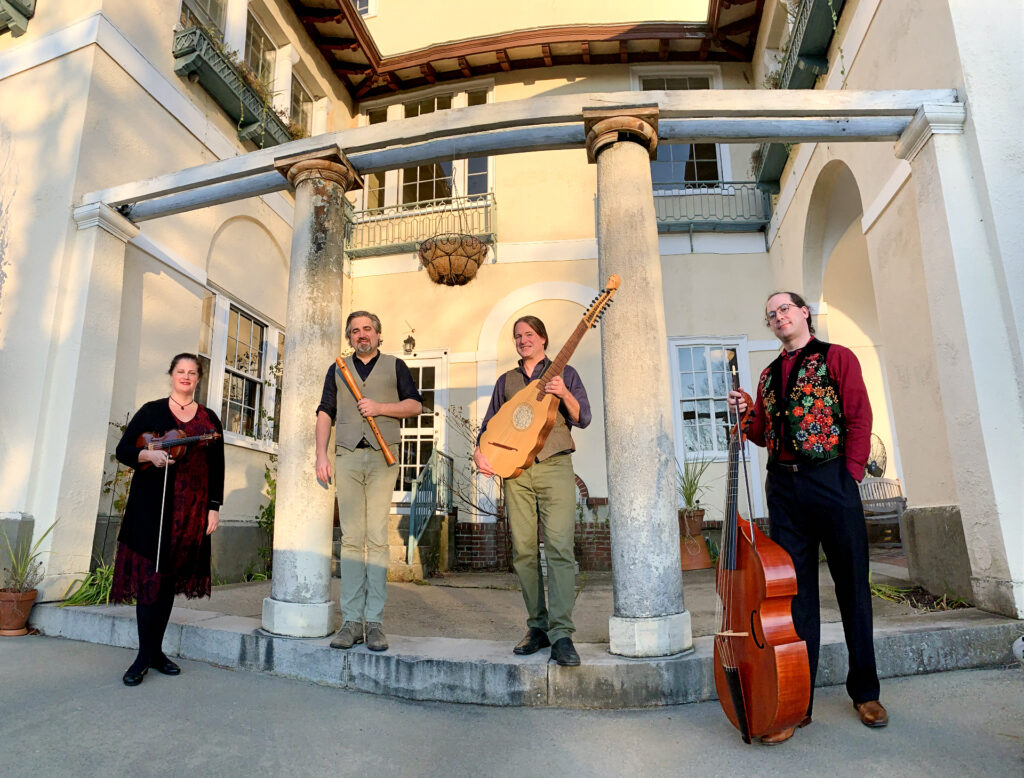
For their Revels Fringe performance at Club Passim, Seven Times Salt will be joined on stage by soprano Barbara Allen Hill, whose wide range of musical expertise spans Renaissance music, music of the Middle Ages, and premieres of contemporary choral and operatic works. Hill has been a part of the group’s fabric since she met Dan Meyers, her husband, while both were performing in the 2005 Christmas Revels. A frequent collaborator of the ensemble who grew up in the world of folk revival music, Hill appreciates the group’s focus on making early music accessible and enjoyable to modern audiences. “The audience isn’t often aware of the historical foundation of the music. Even if they are, they’re ultimately there to have a good time. So on stage, it becomes less about the academic side of things and more about being a human being, breathing life into the music in this ephemeral moment.”
Hill and Meyers are not the only members of Seven Times Salt with ties to the Revels community, although combined, they have been seen in a total of 9 Christmas and Midwinter Revels. Audiences may also remember Matthew Wright from his performance in the 2021 George and Dragon Inn Christmas Revels, Josh Schreiber from the 2013 Galician Christmas Revels, and most recently, Karen Burciaga as a member of the Strings and Buzzy Walking Band in 2023’s Midwinter Revels: The Feast of Fools, which also featured Barbara Allen Hill as Revels’ Medieval tradition bearer. The group has also frequently attended Revels performances; Hill in particular has watched Revels every year since she was six years old.
Seven Times Salt’s Revels Fringe program will tap into tunes that tie in to the group’s shared love for Revels traditions. Their program includes “The Halsway Carol,” which comes from midwinter celebrations, as well as tunes that are popular in the English country dance community. Other pieces will include some of the group’s greatest hits from their years of performing, with touches of Renaissance art song, folk music, and drinking songs. “It’s old music, but it’s not dead music,” said Wright. “For us as a group, the old words still mean something. There’s a lot of integrity behind it all.”
Don’t miss Seven Times Salt as part of the Revels Fringe Series, Wednesday, February 21 at Harvard Square’s Club Passim. Buy your tickets here, and learn more about Seven Times Salt and their upcoming engagements at https://www.seventimessalt.com/.

Read More
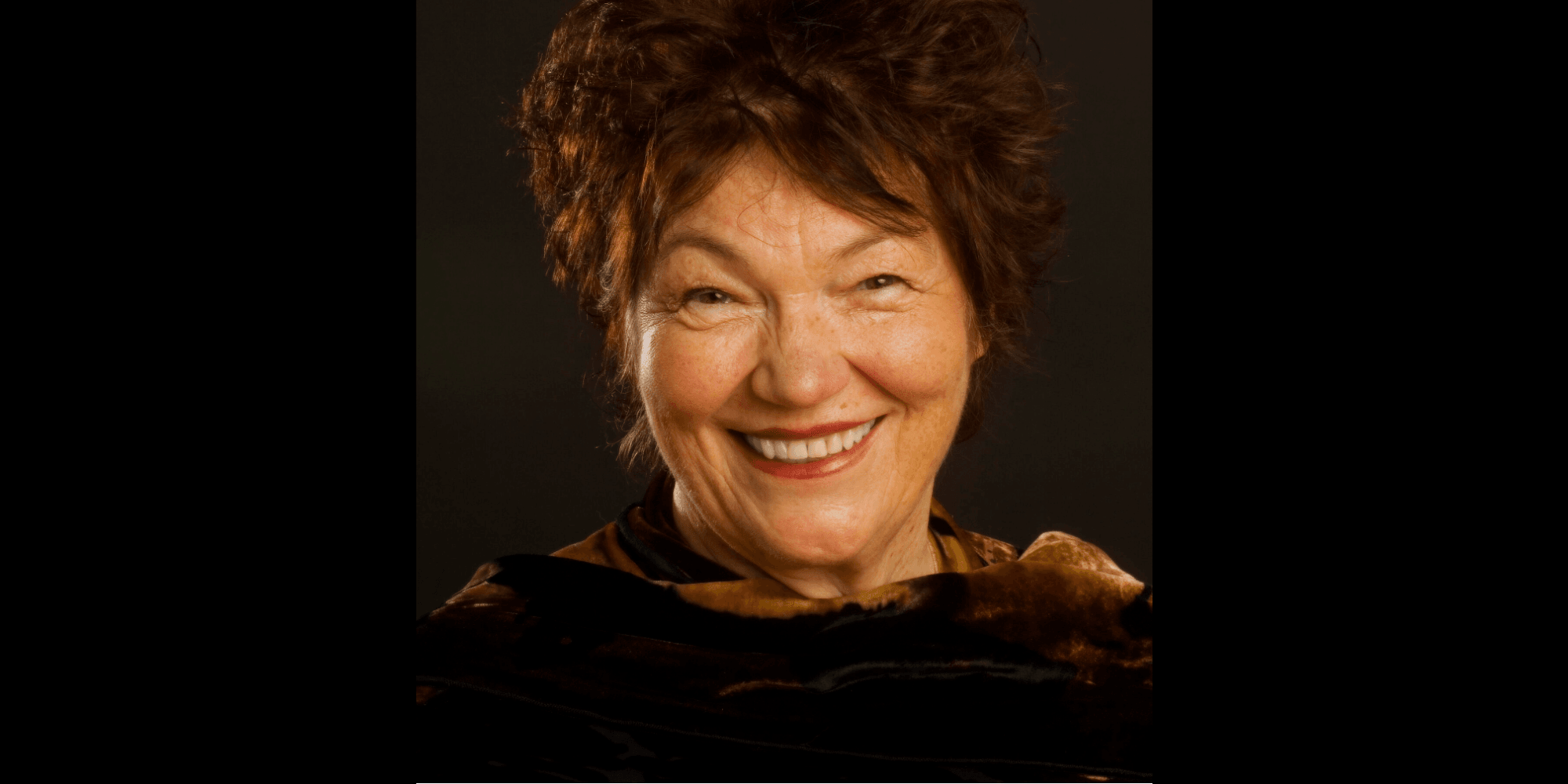
Read More
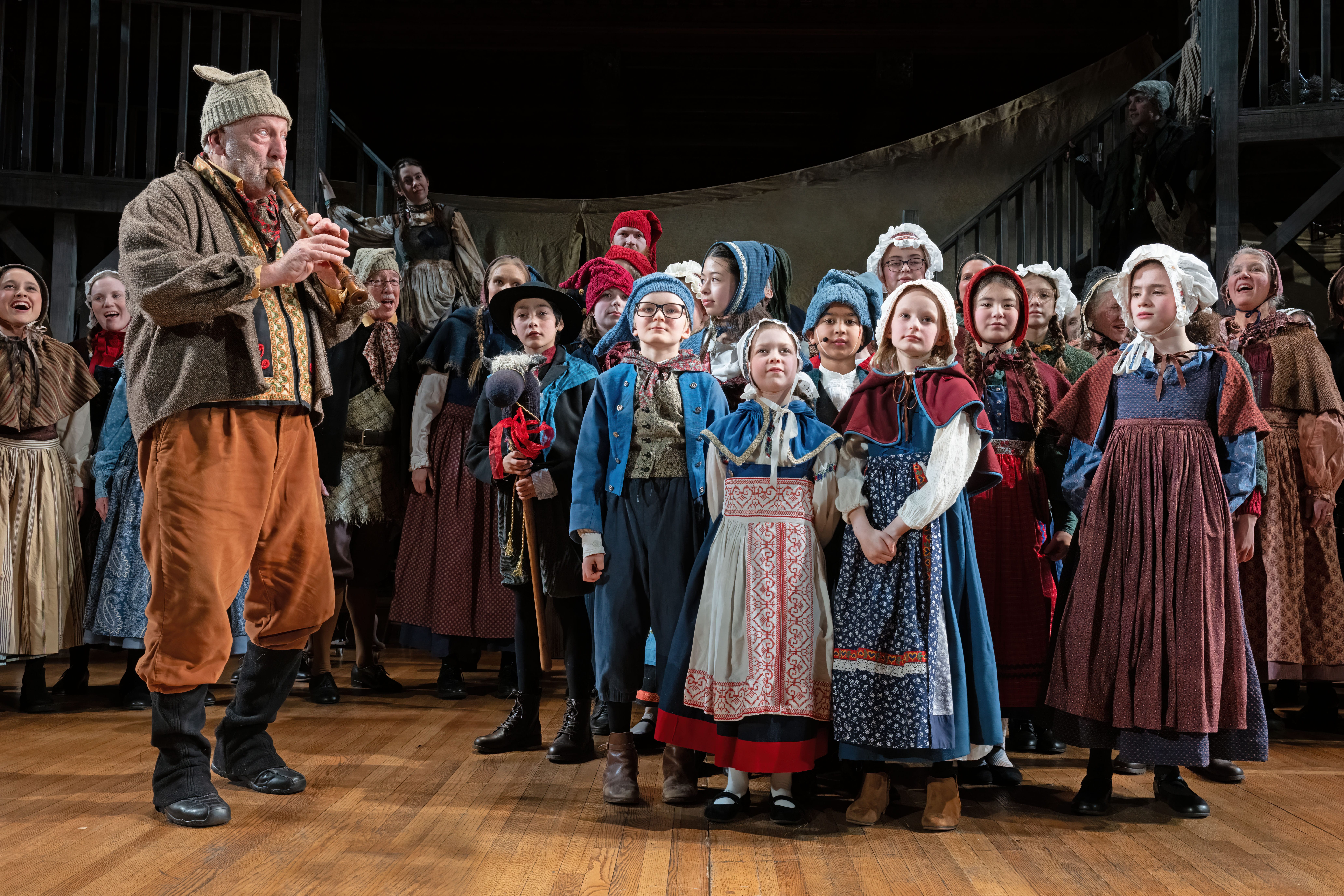
Read More
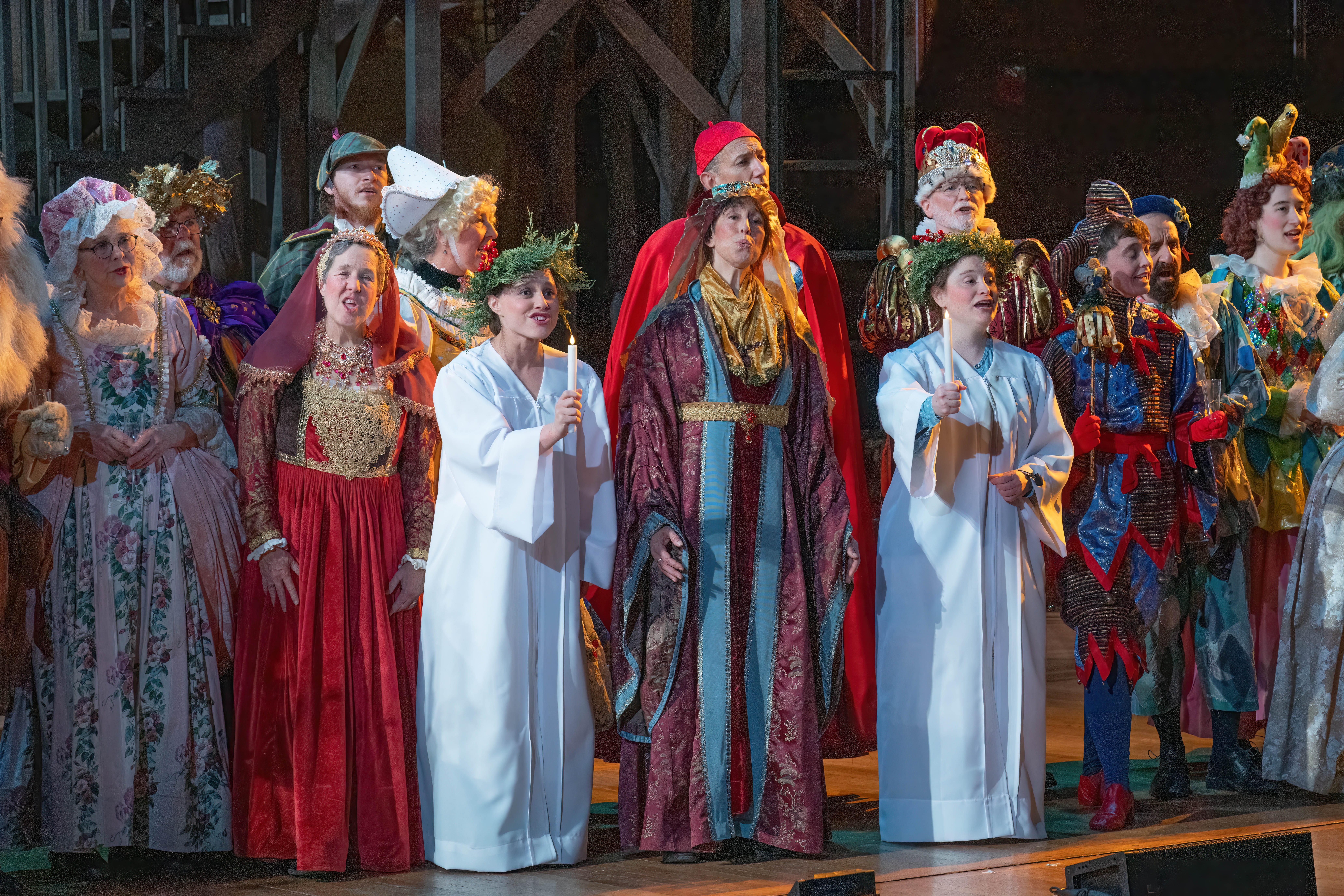
Read More
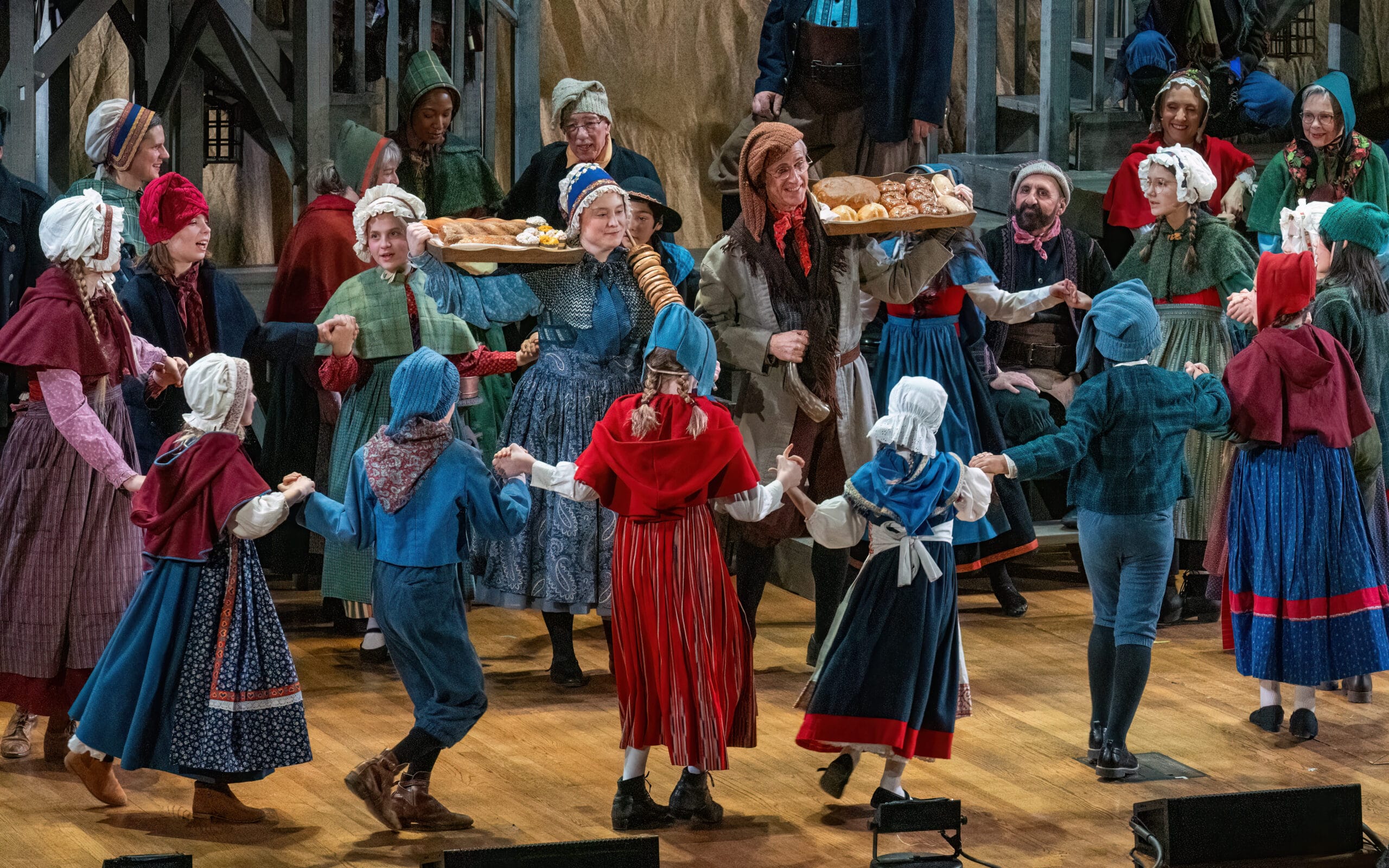
Read More
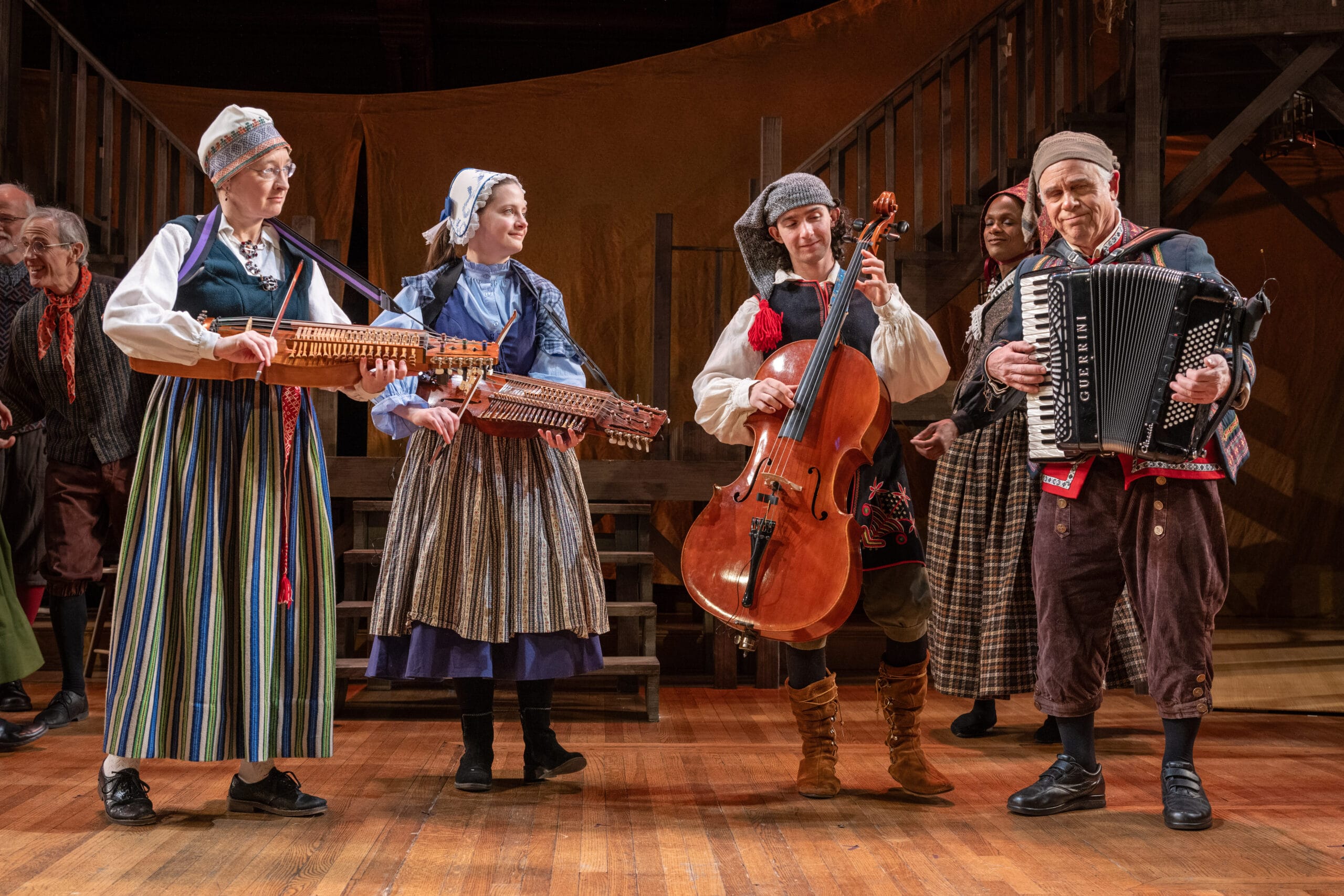
Read More
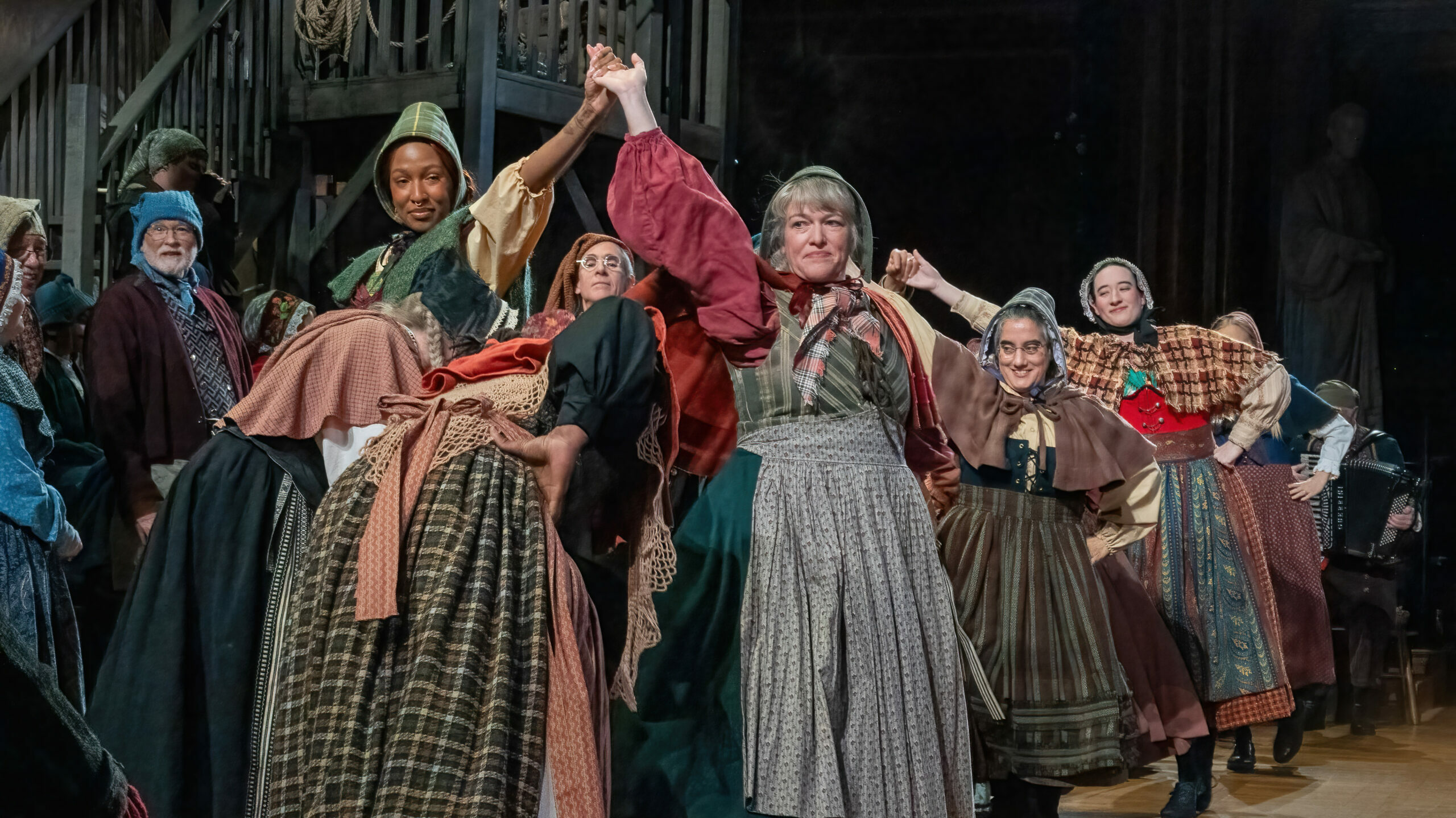
Read More
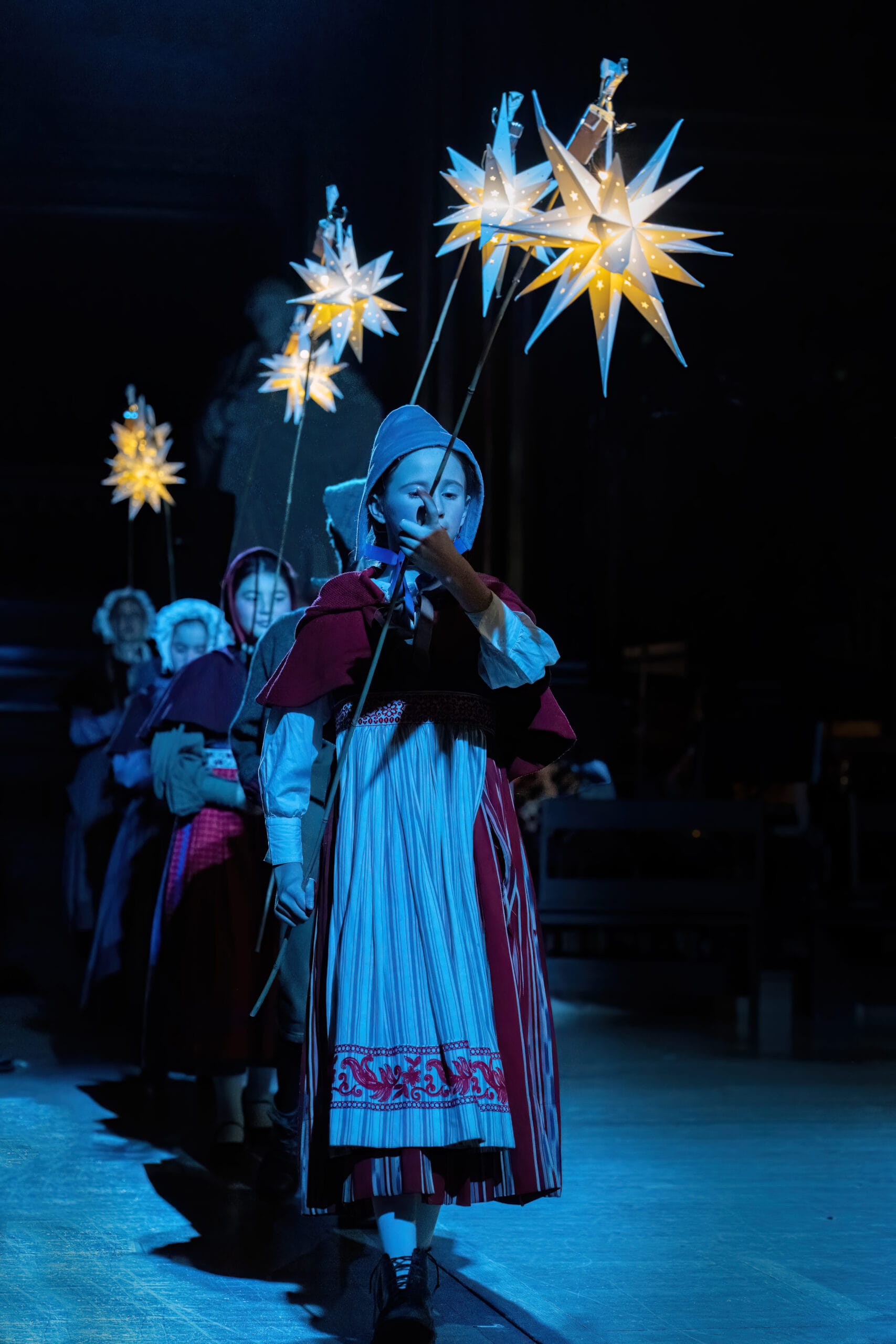
Read More
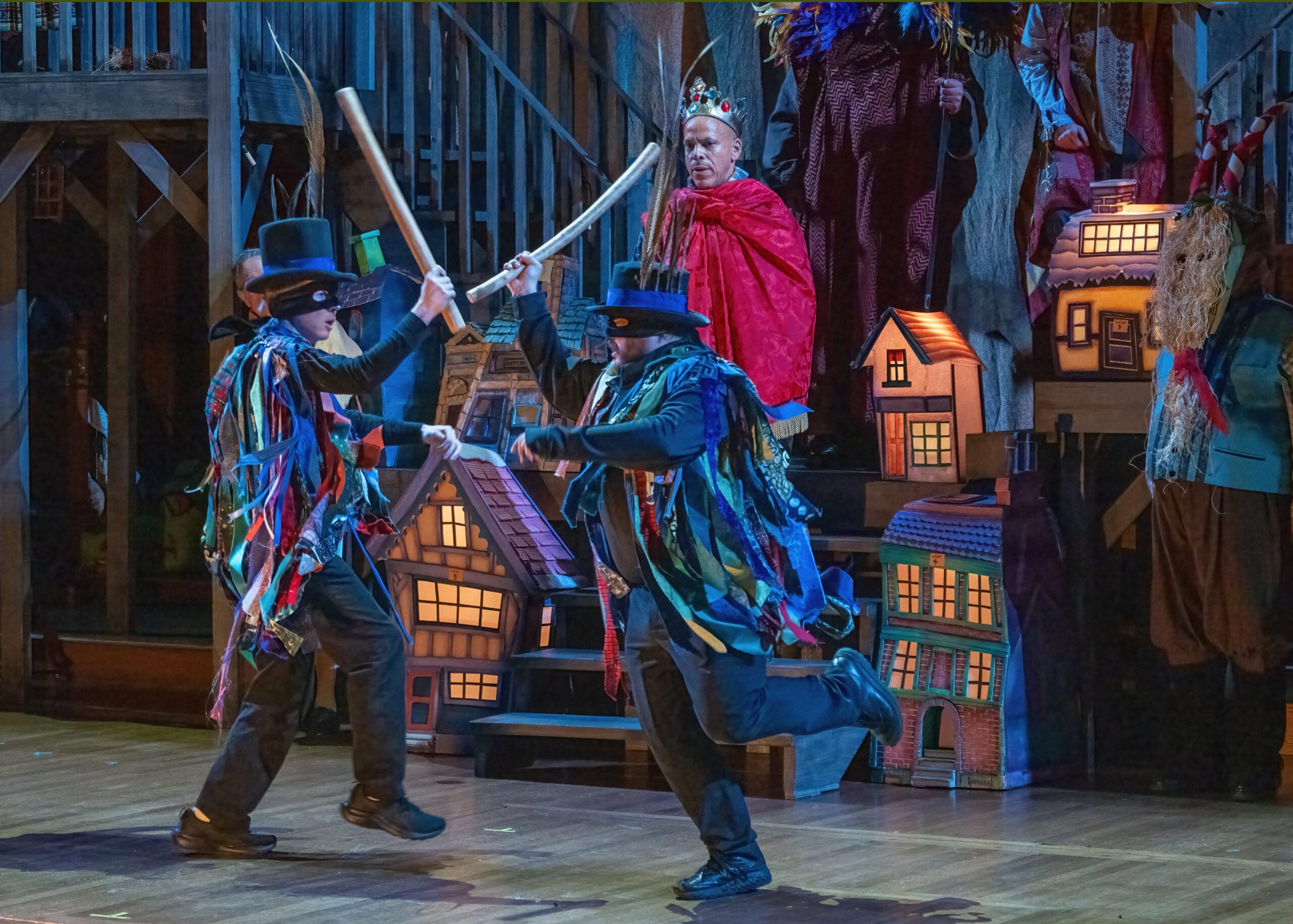
Read More
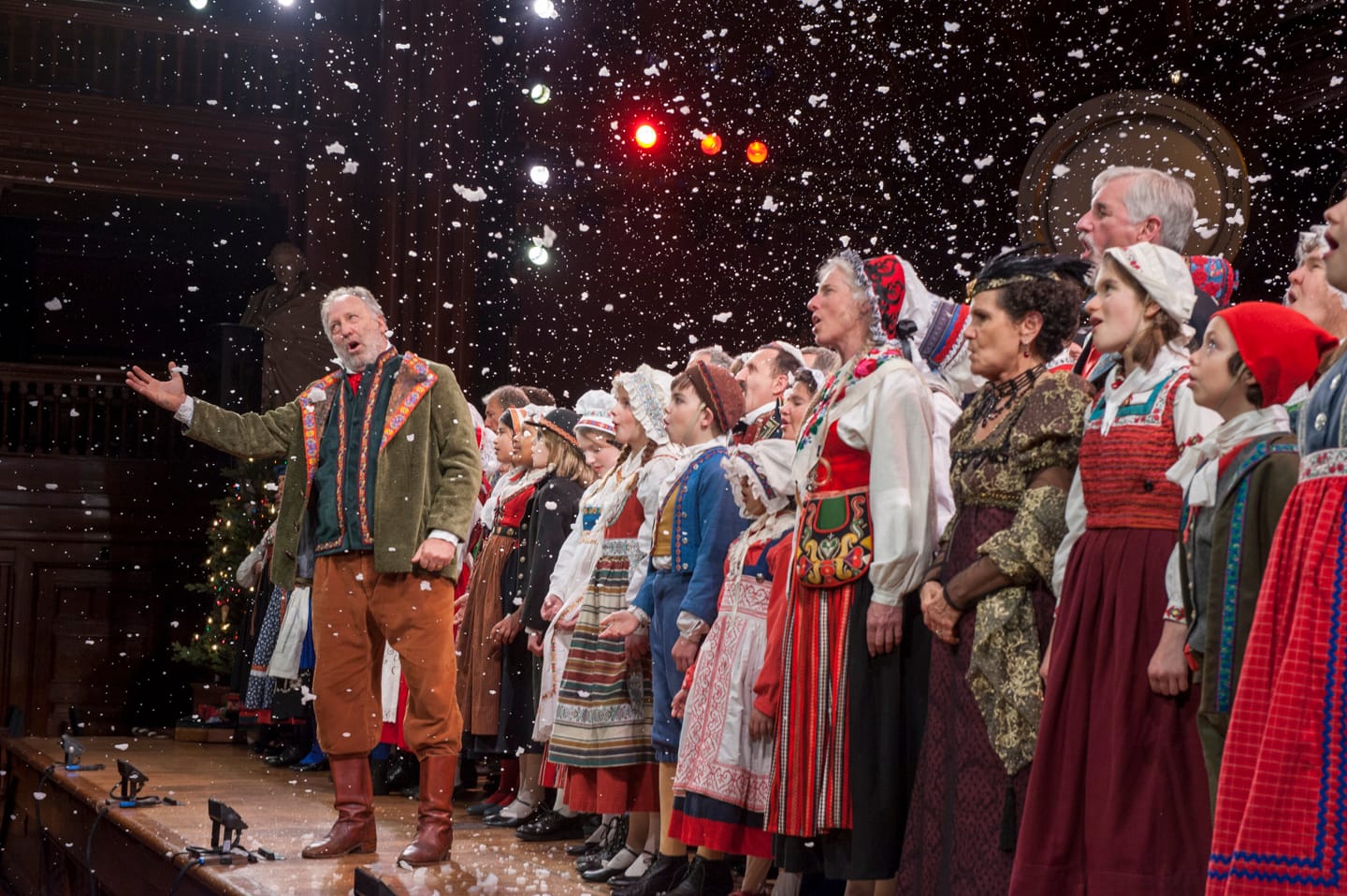
Read More
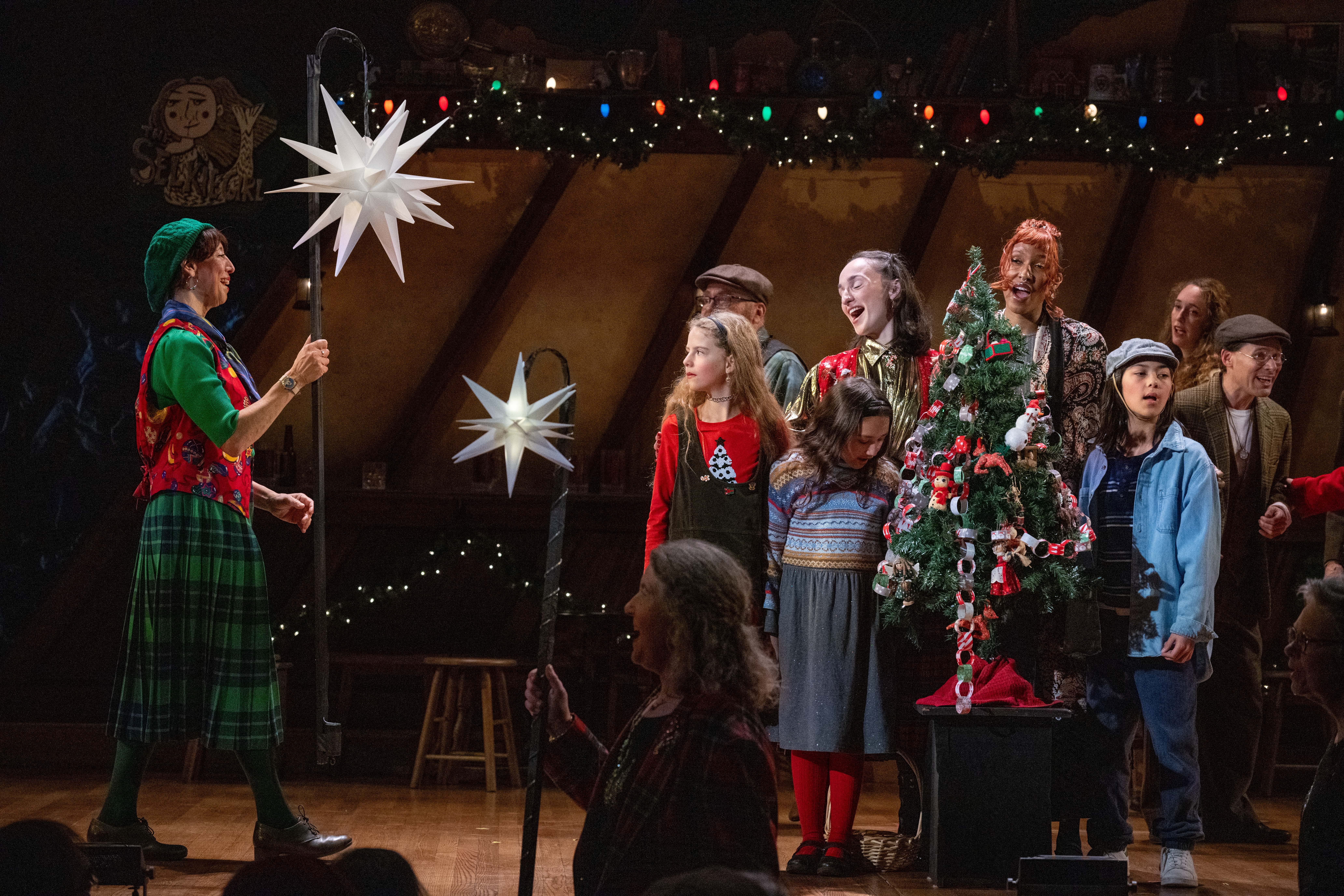
Read More
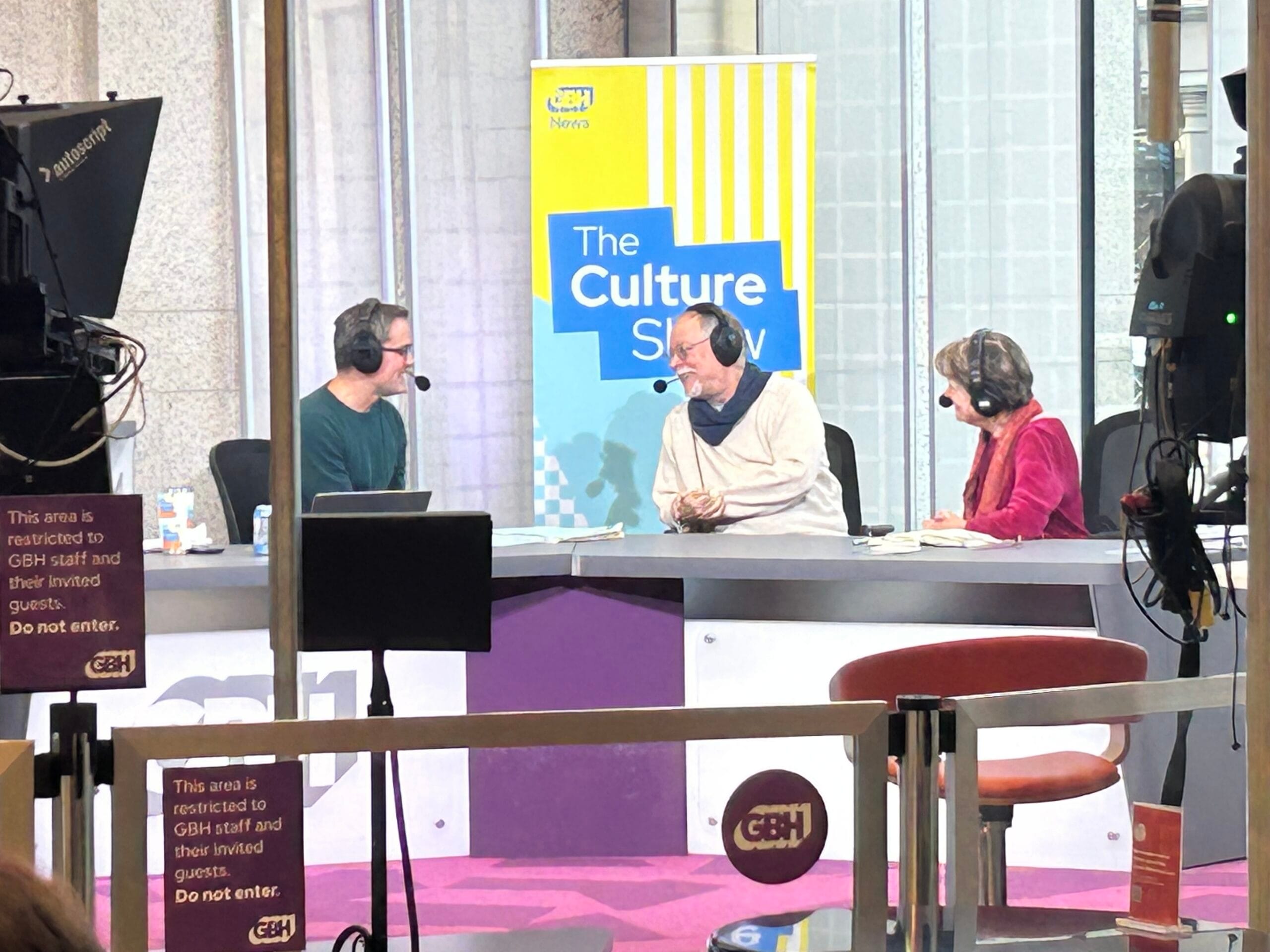
Read More
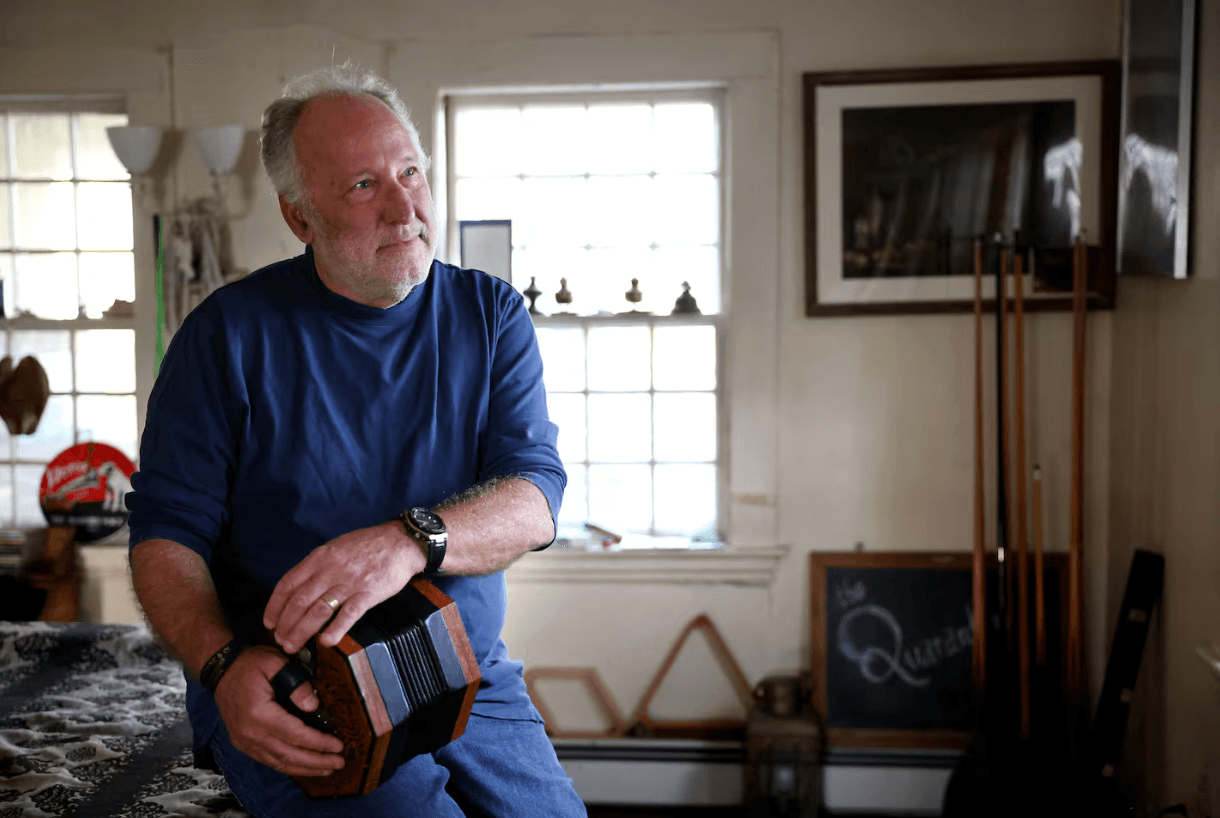
Read More
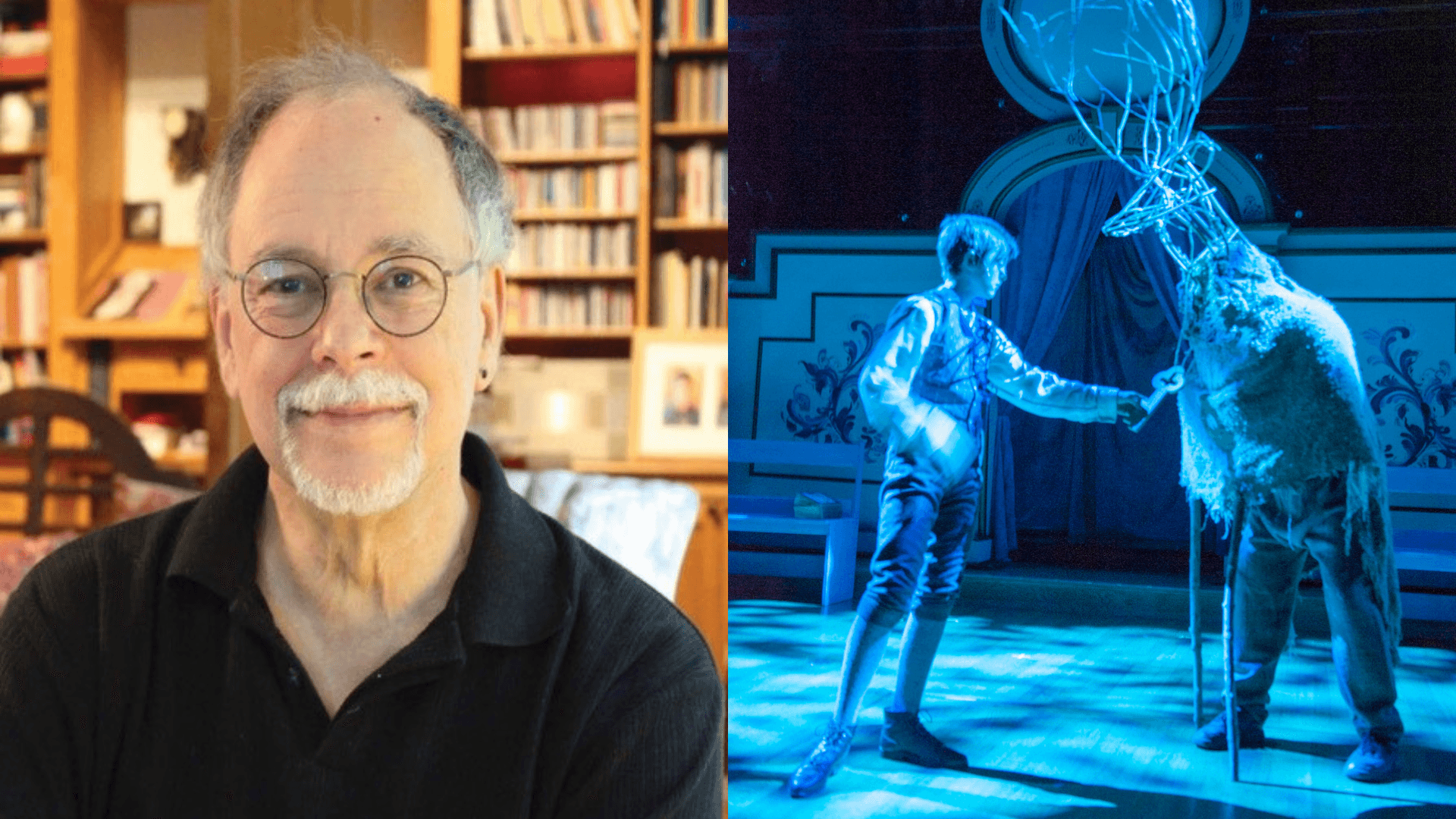
Read More

Read More

Read More
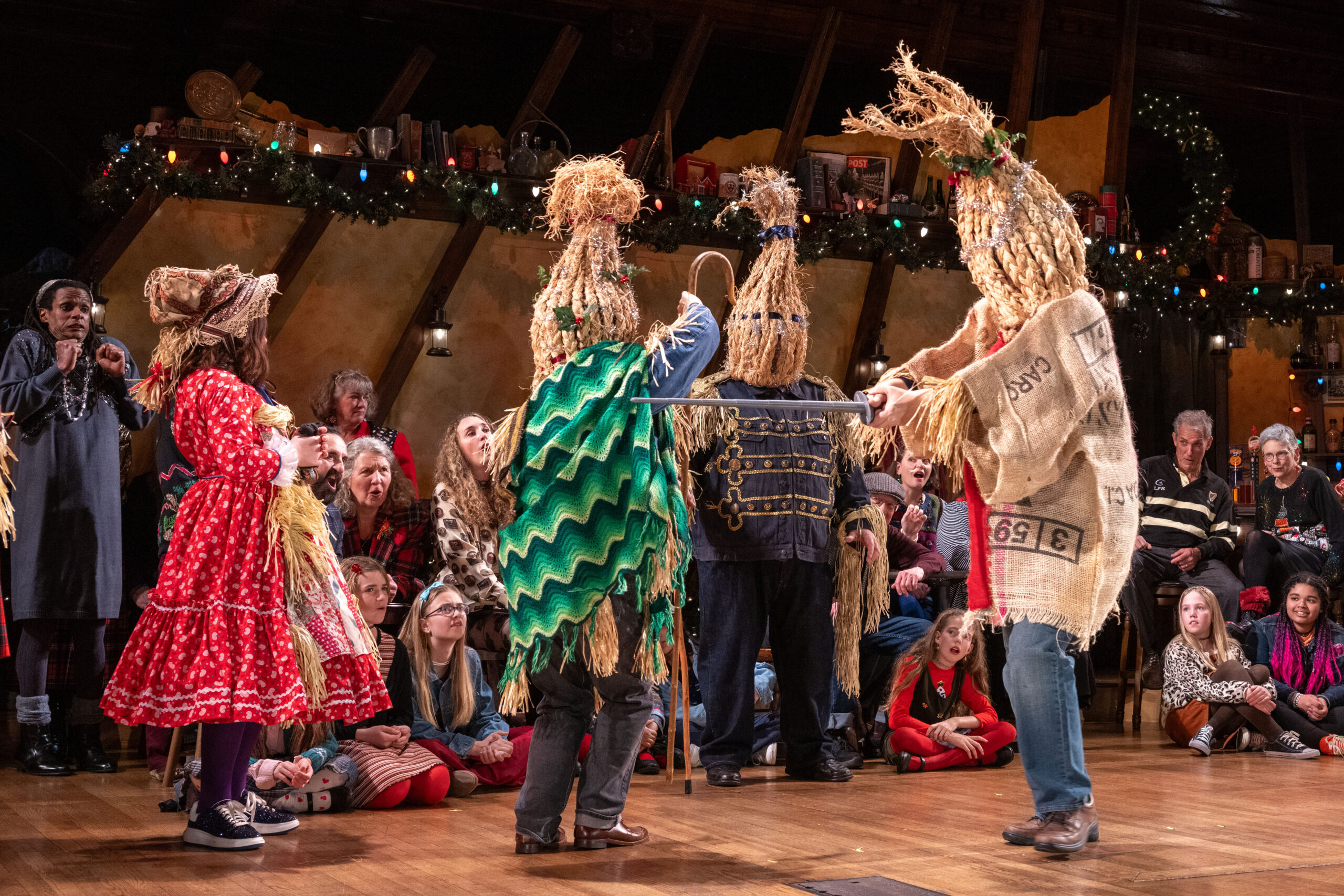
Read More
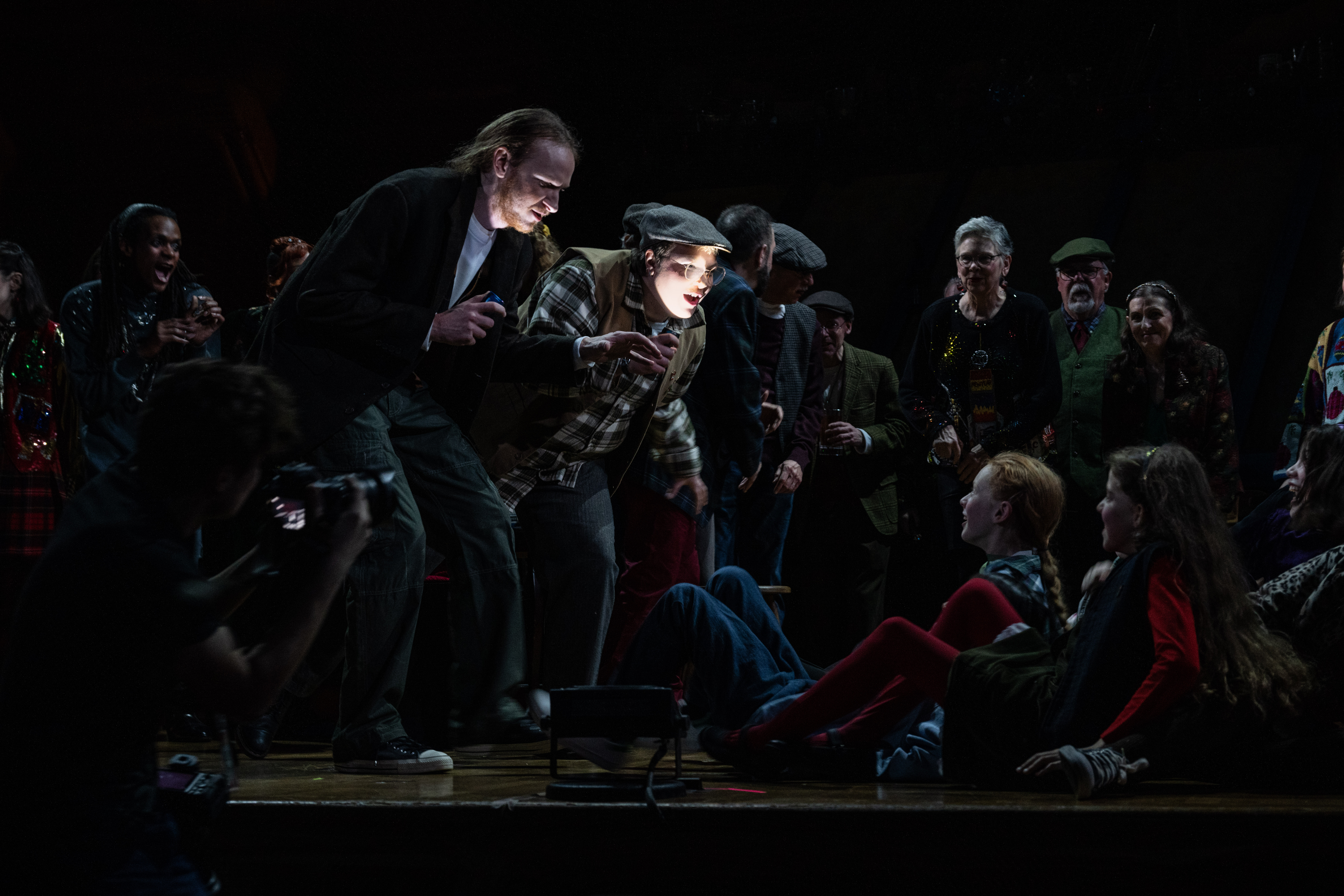
Read More
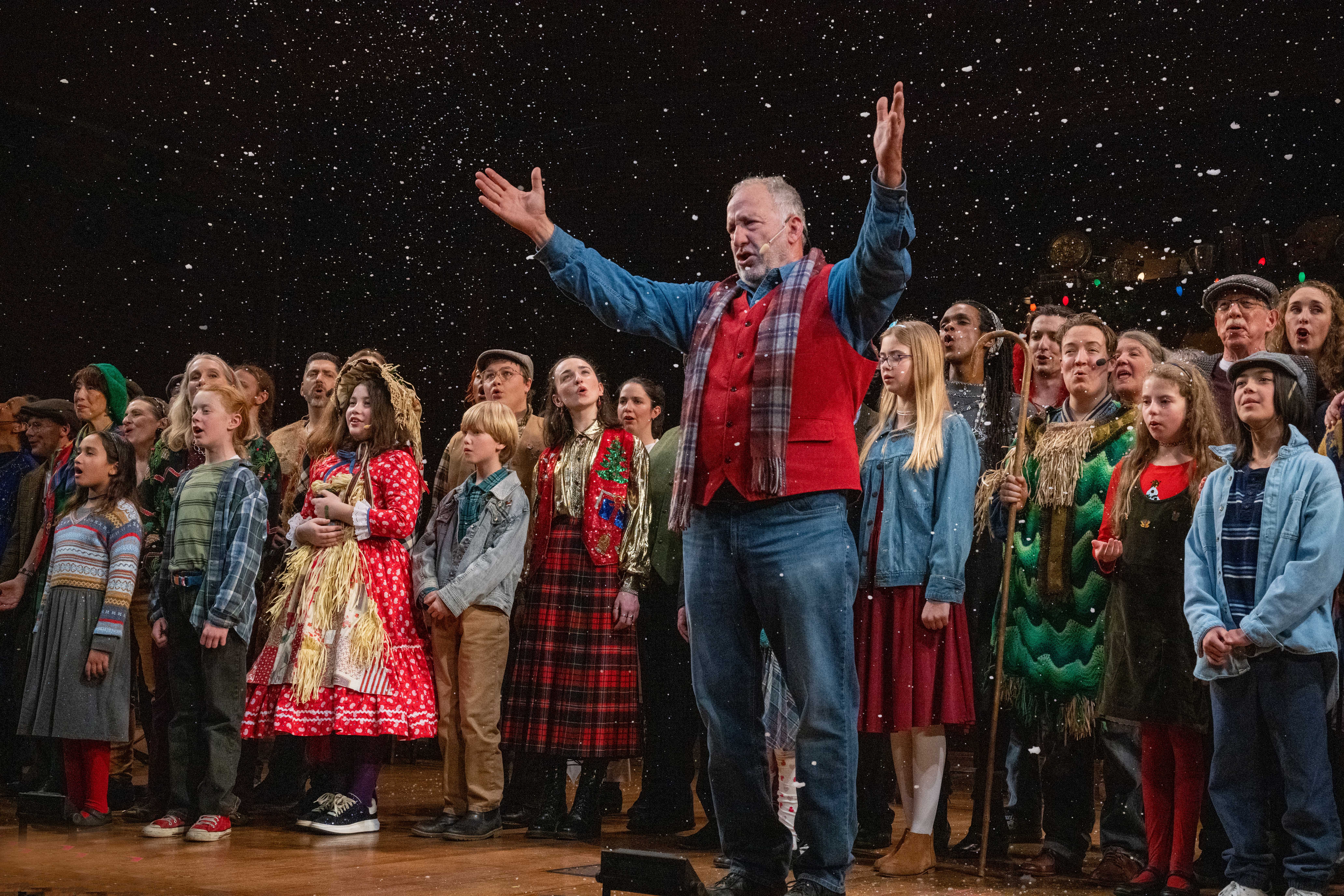
Read More
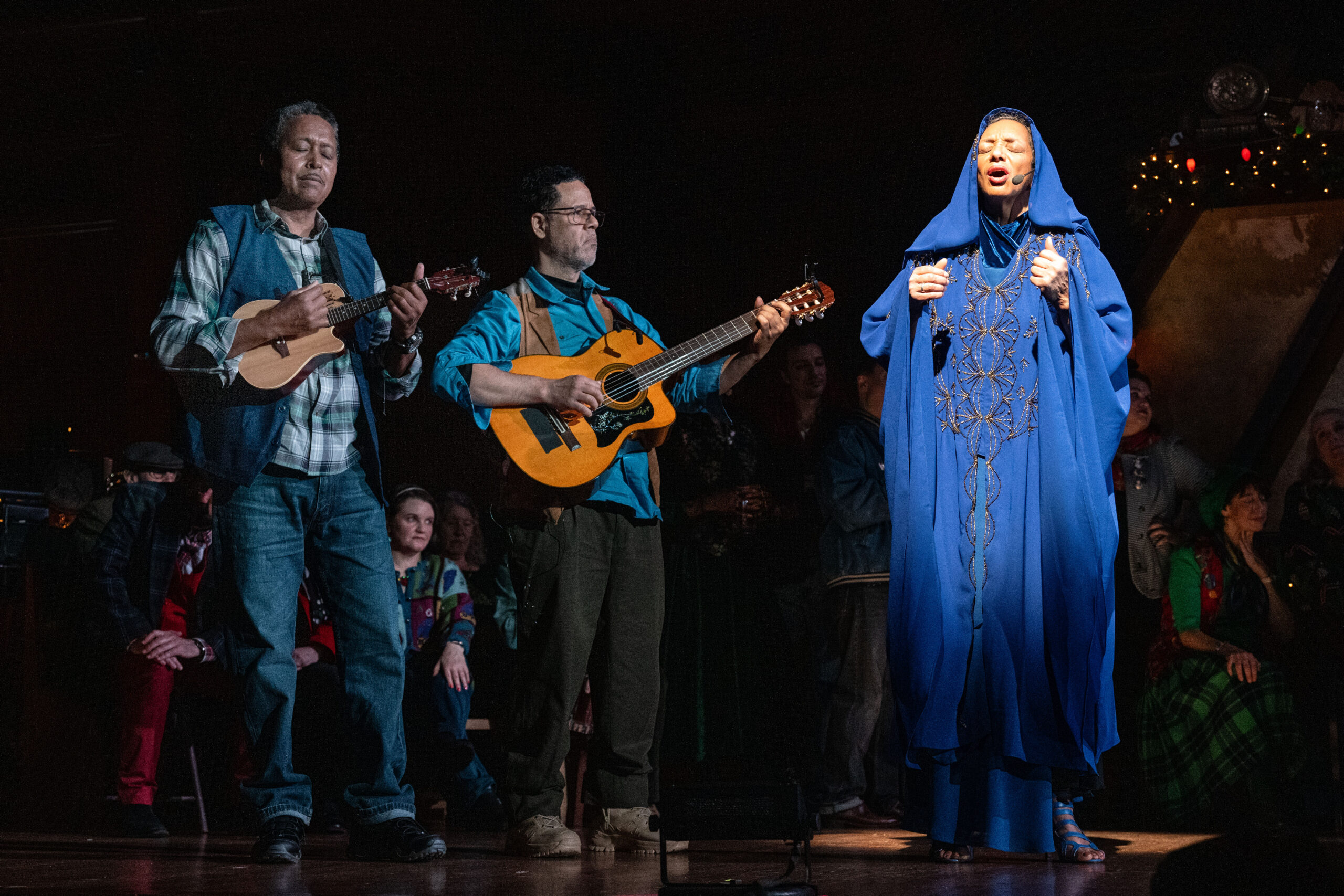
Read More

Read More
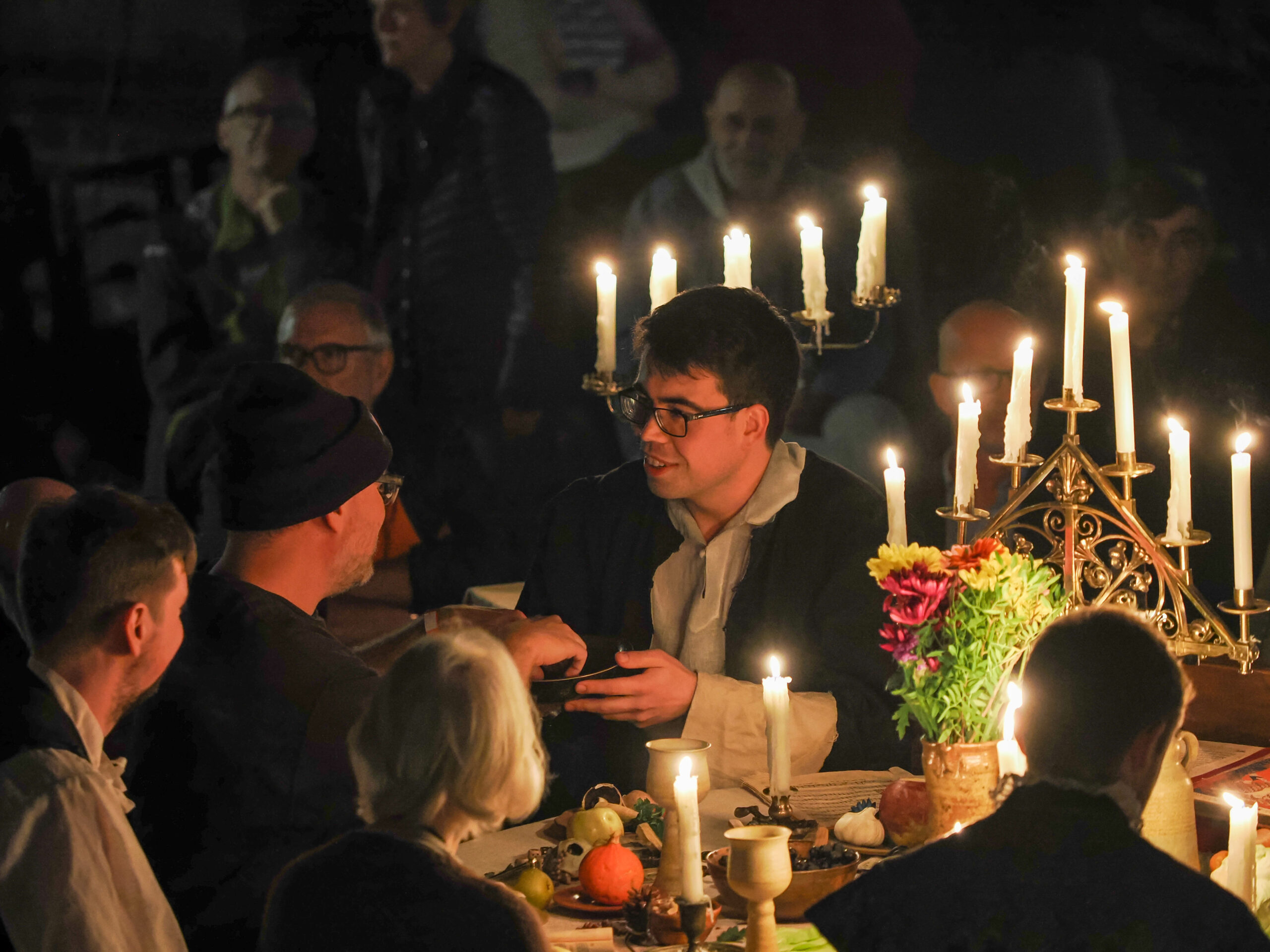
Read More
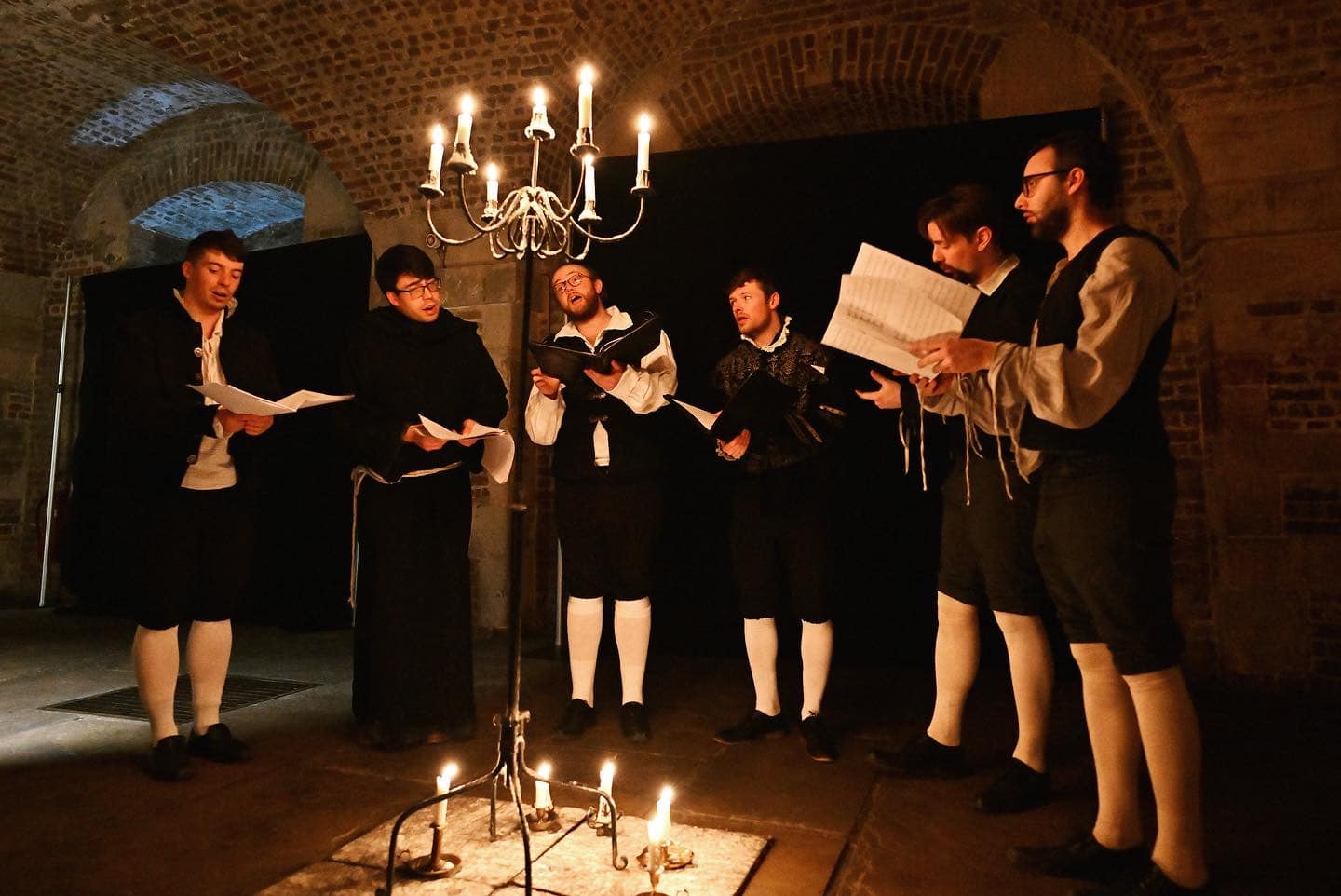
Read More
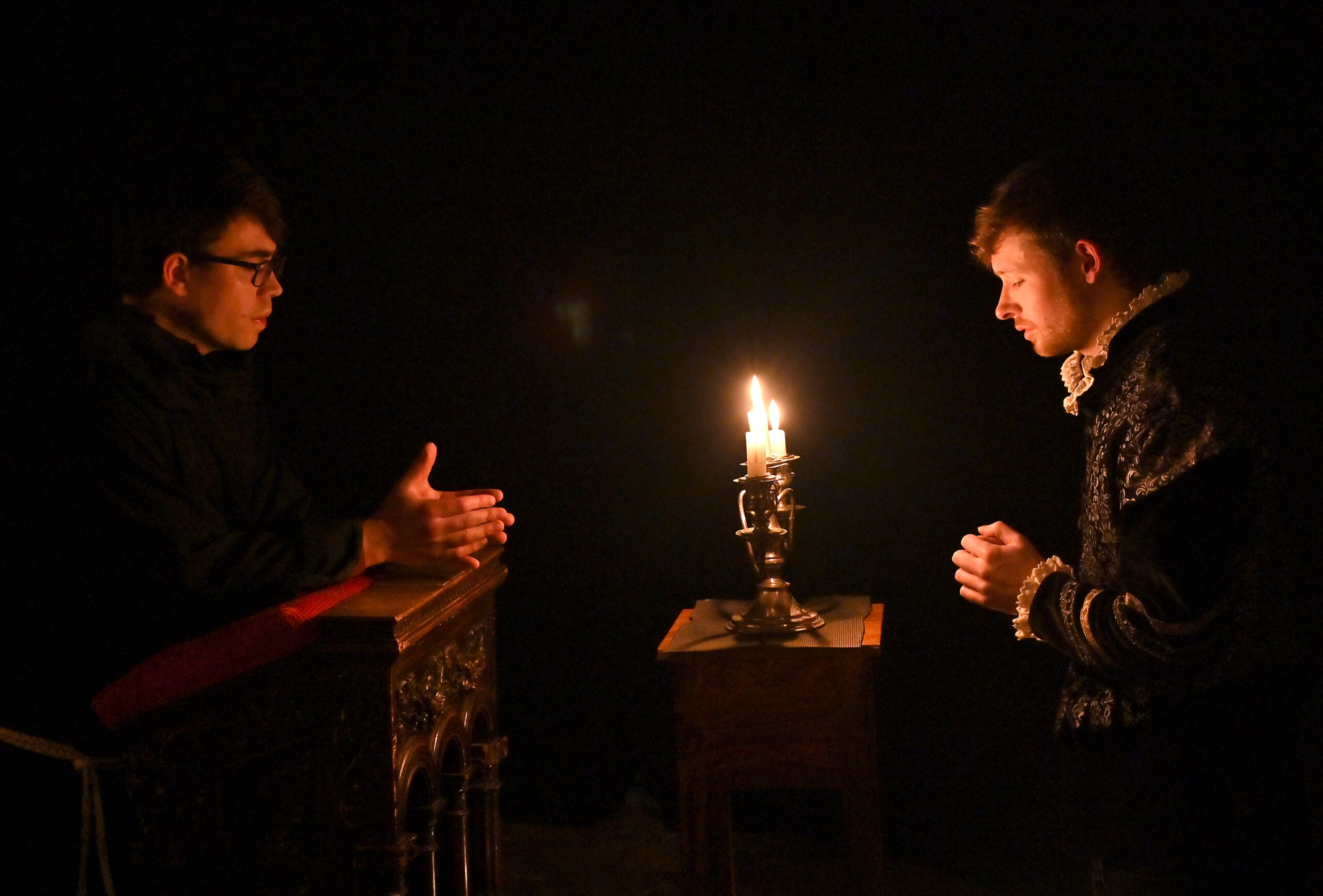
Read More
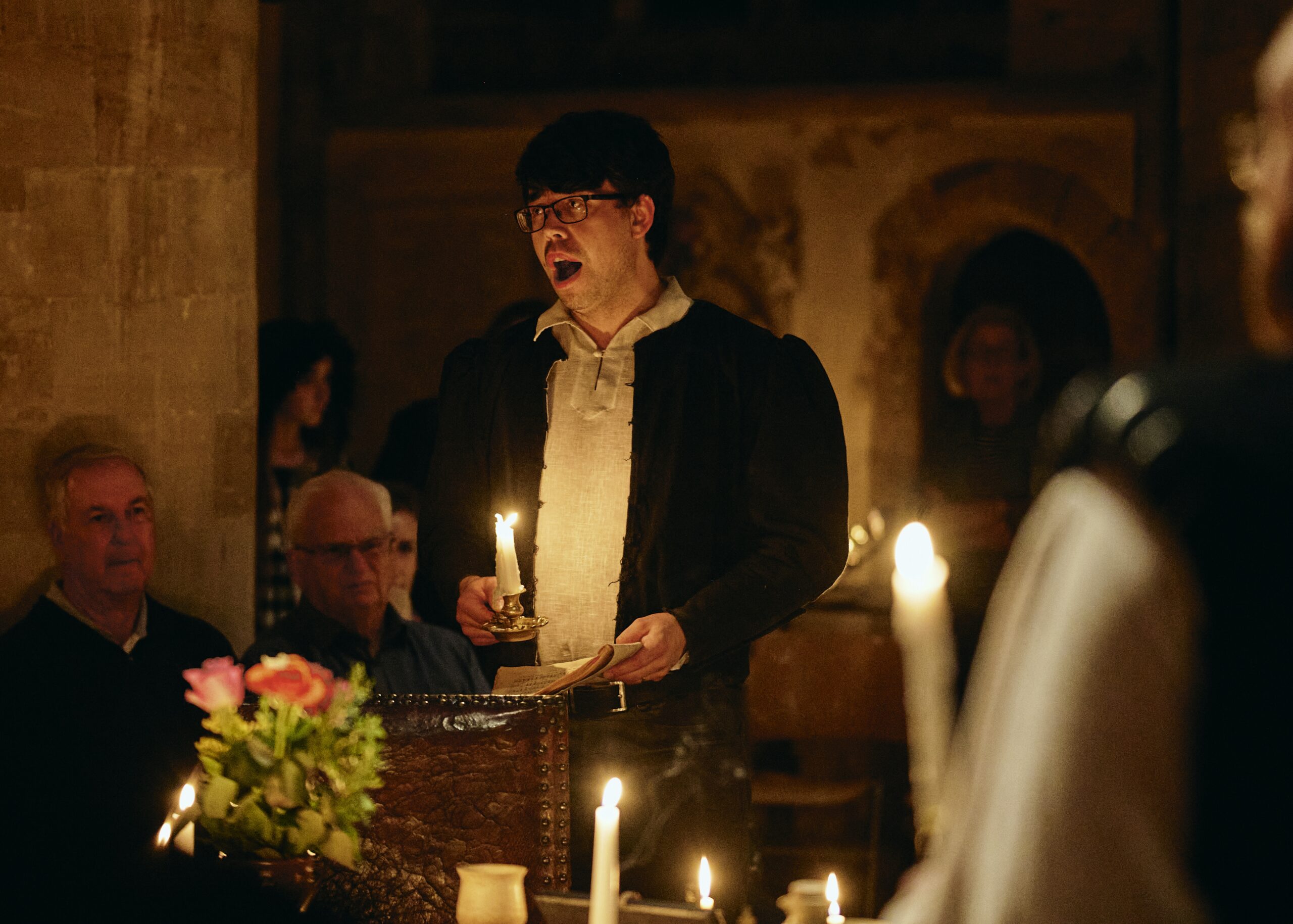
Read More
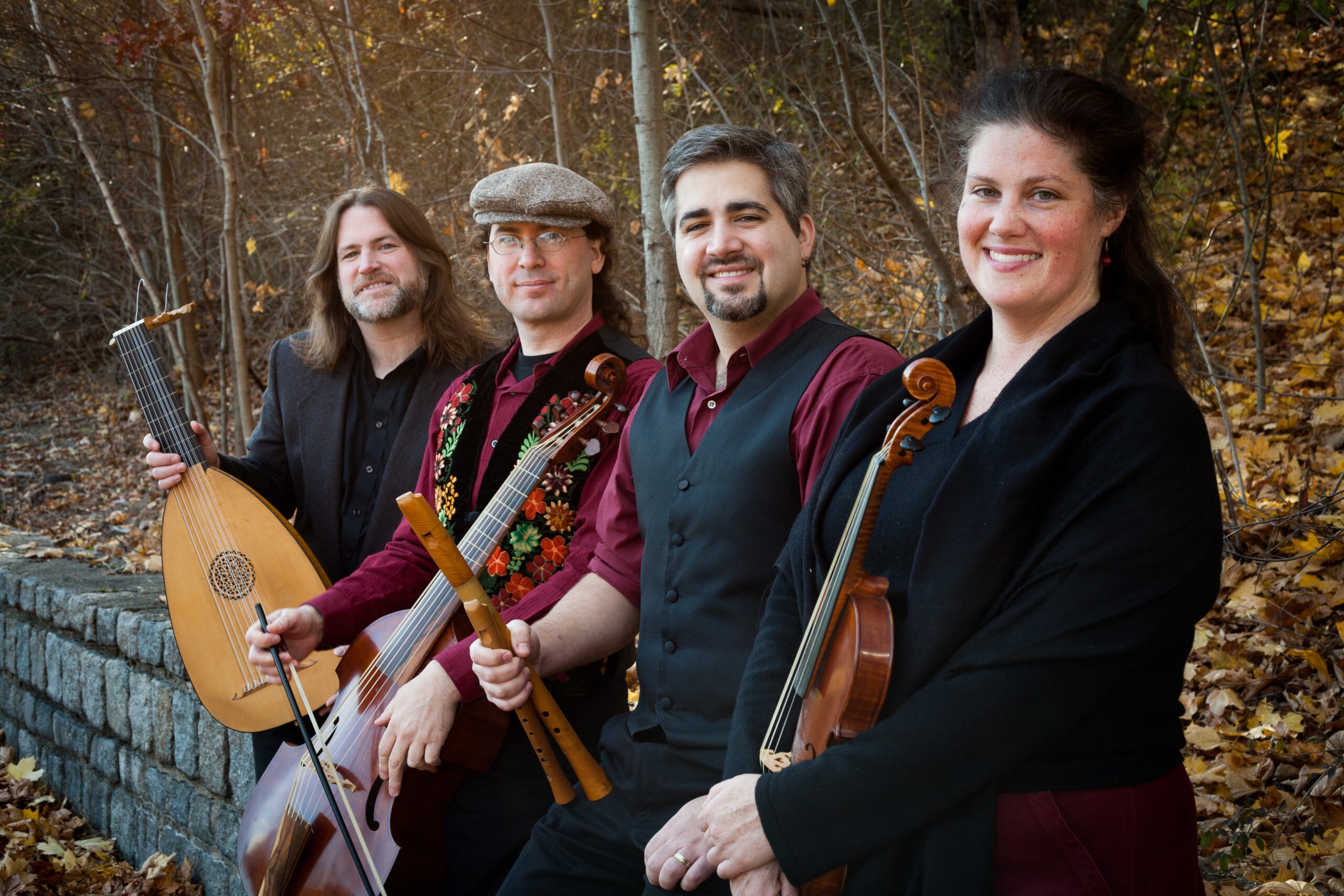
Read More
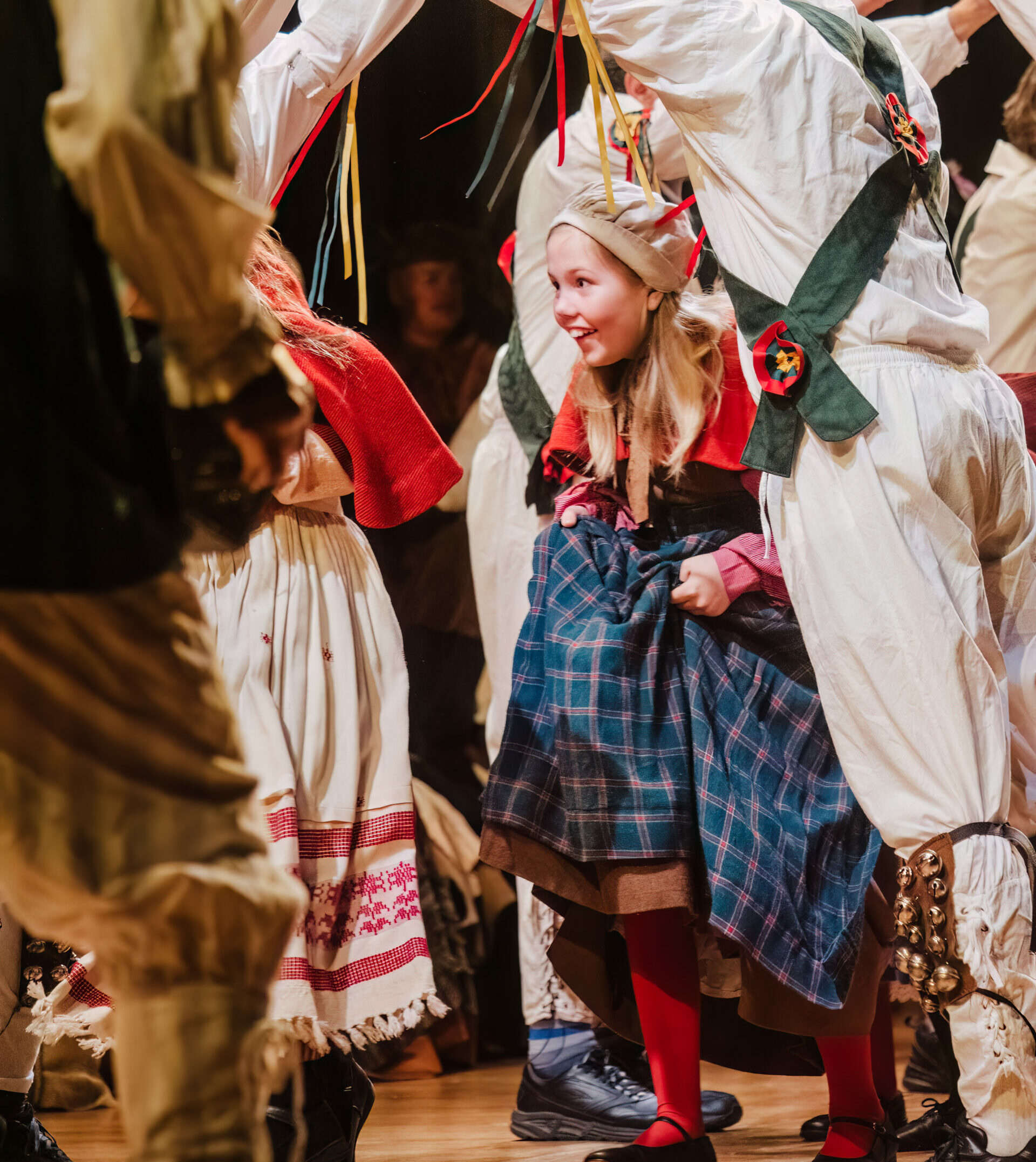
Read More
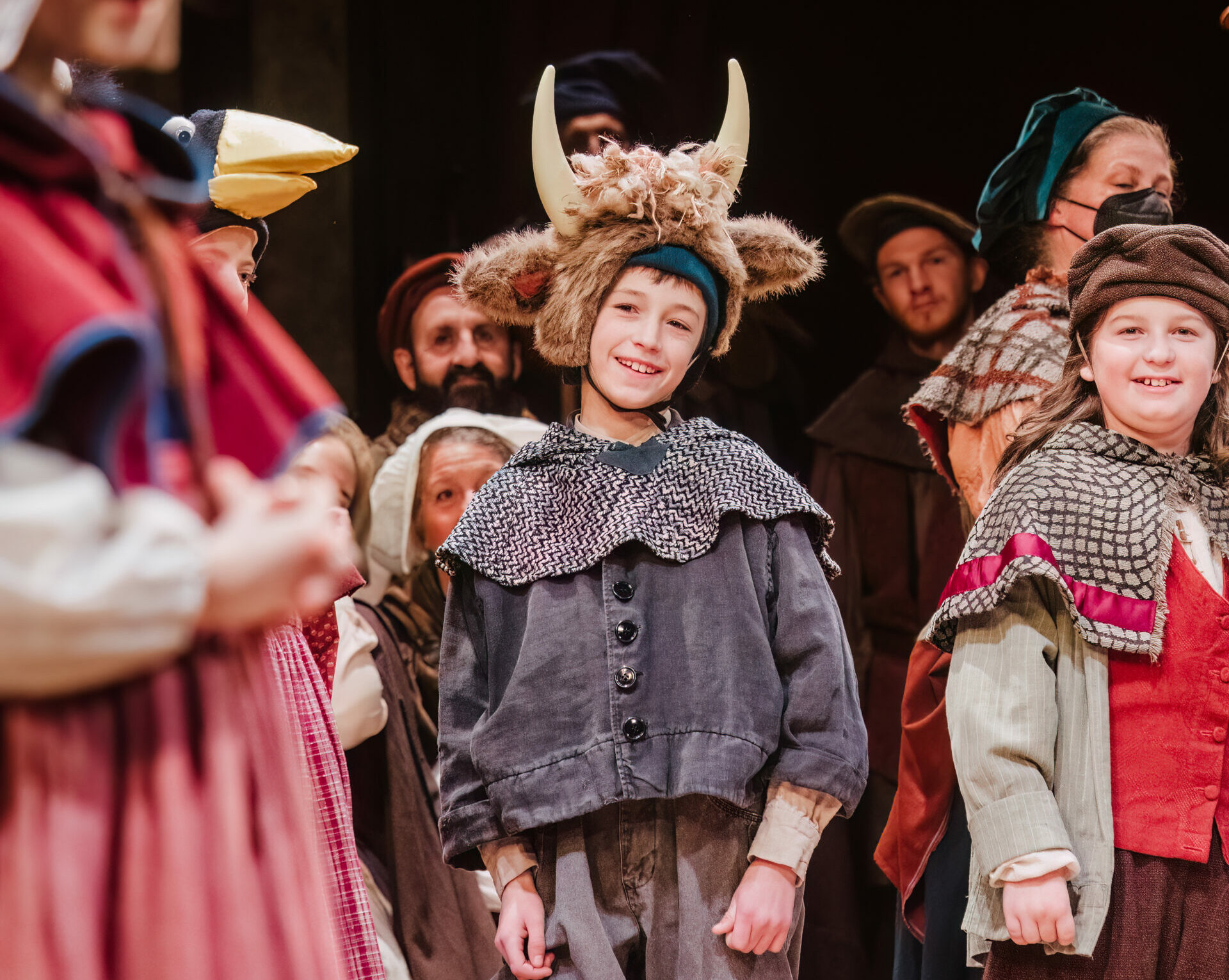
Read More
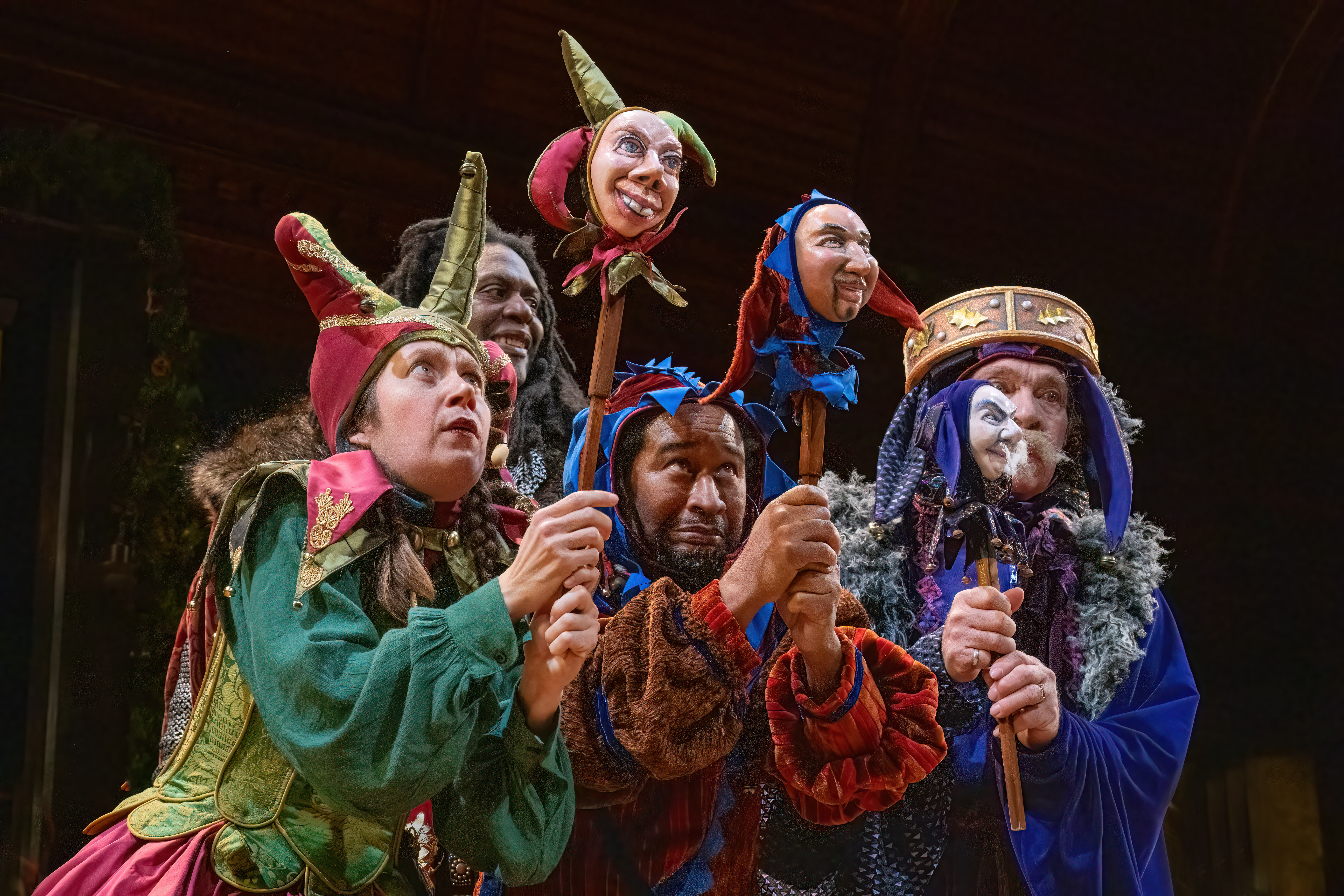
Read More
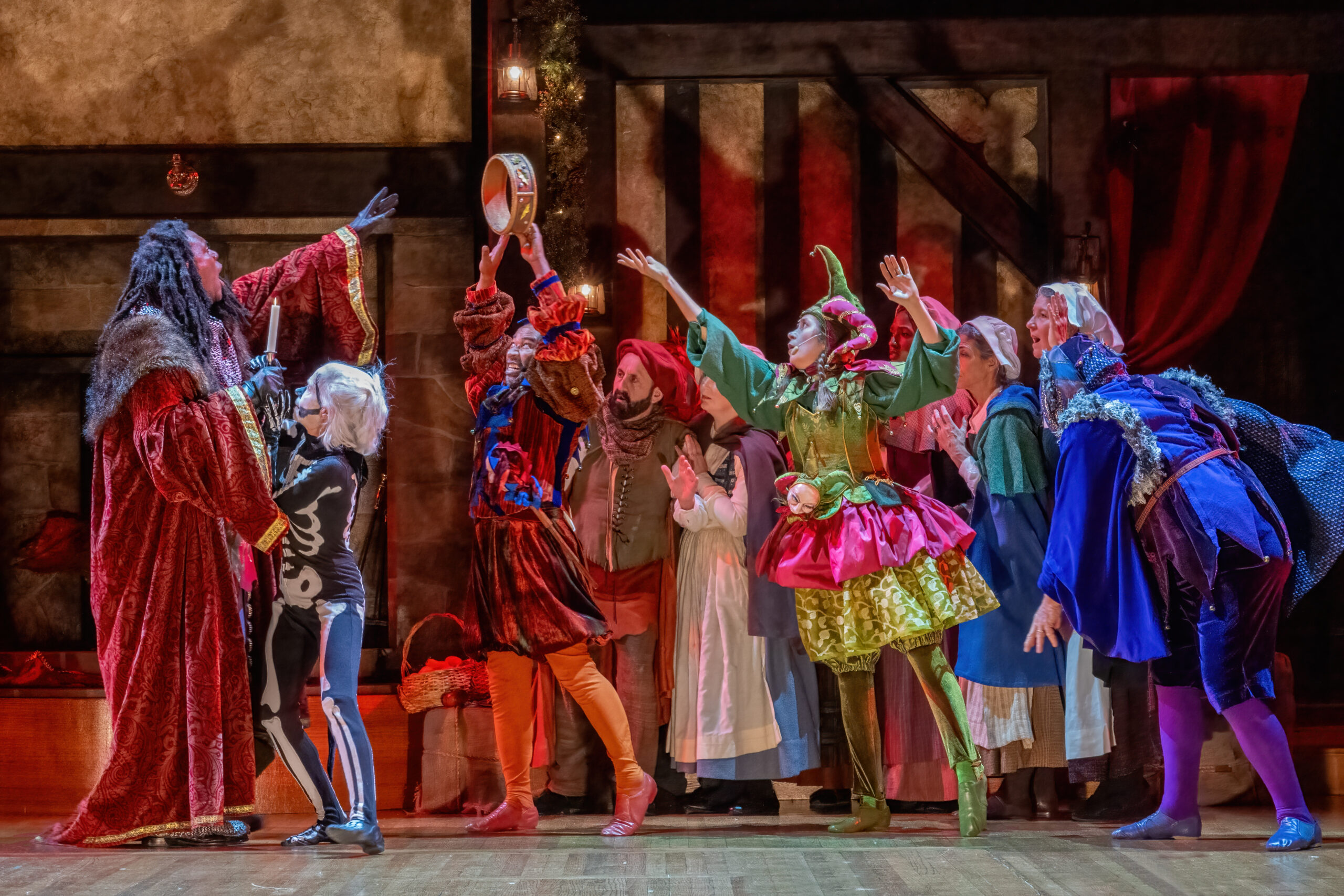
Read More
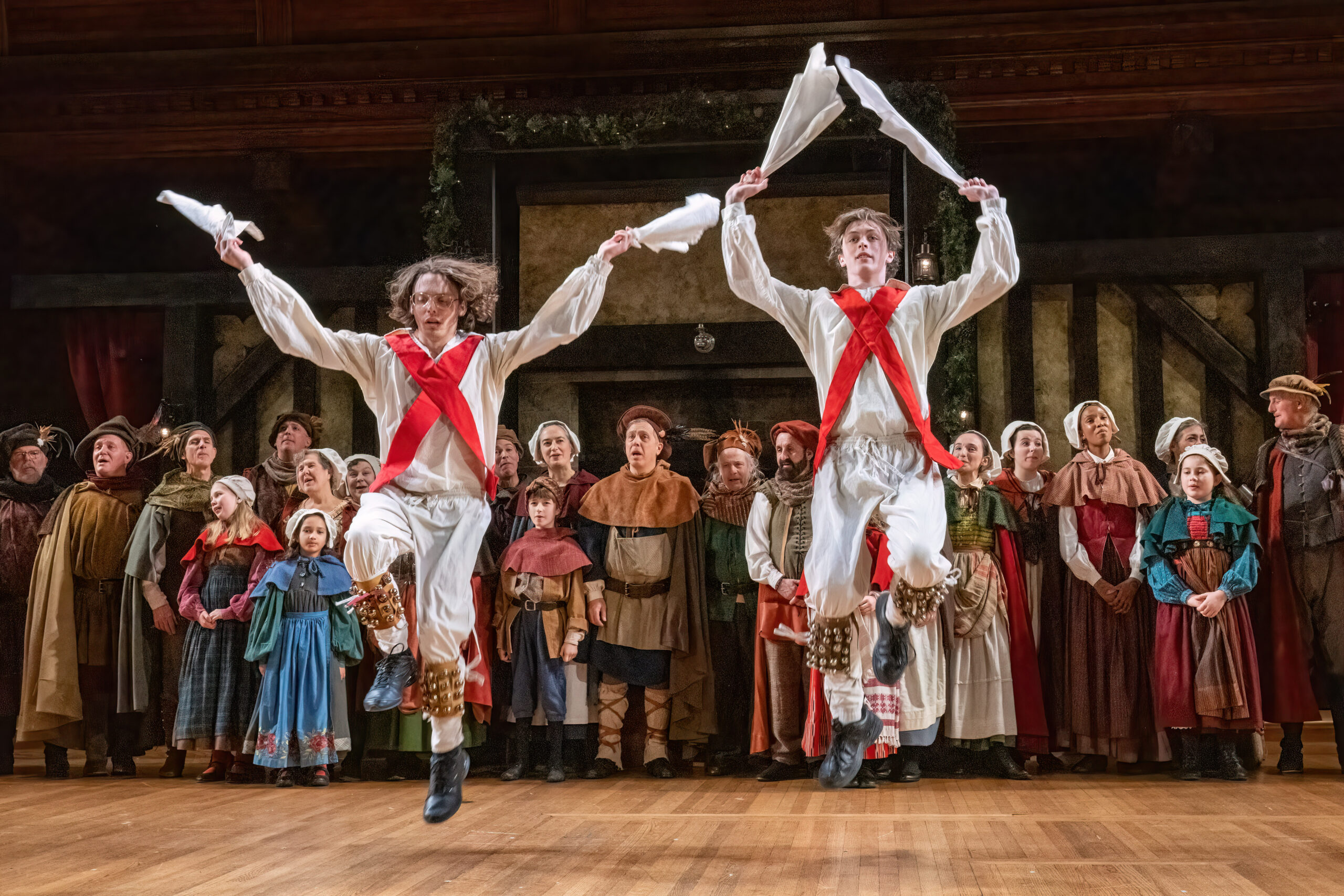
Read More
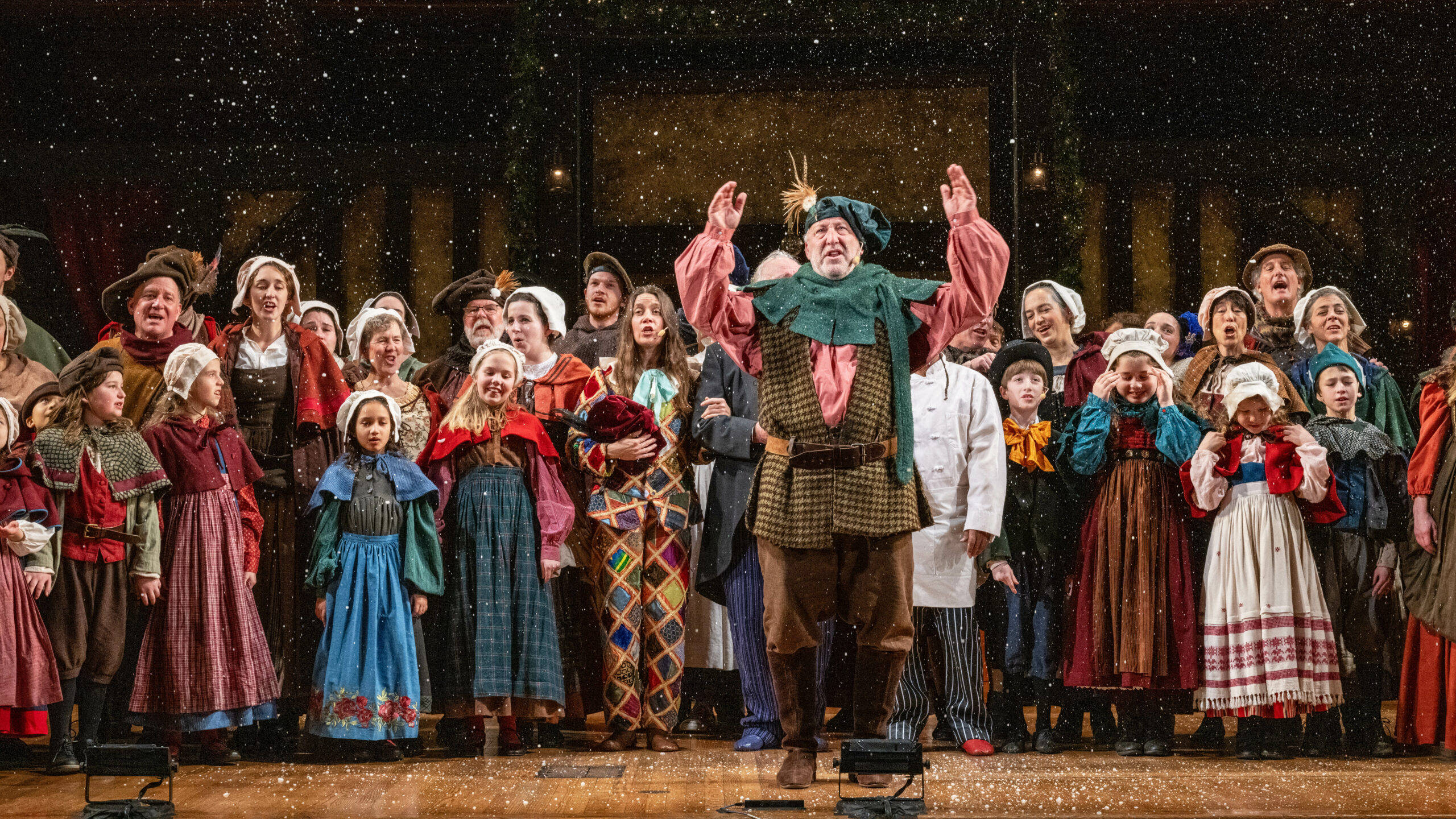
Read More
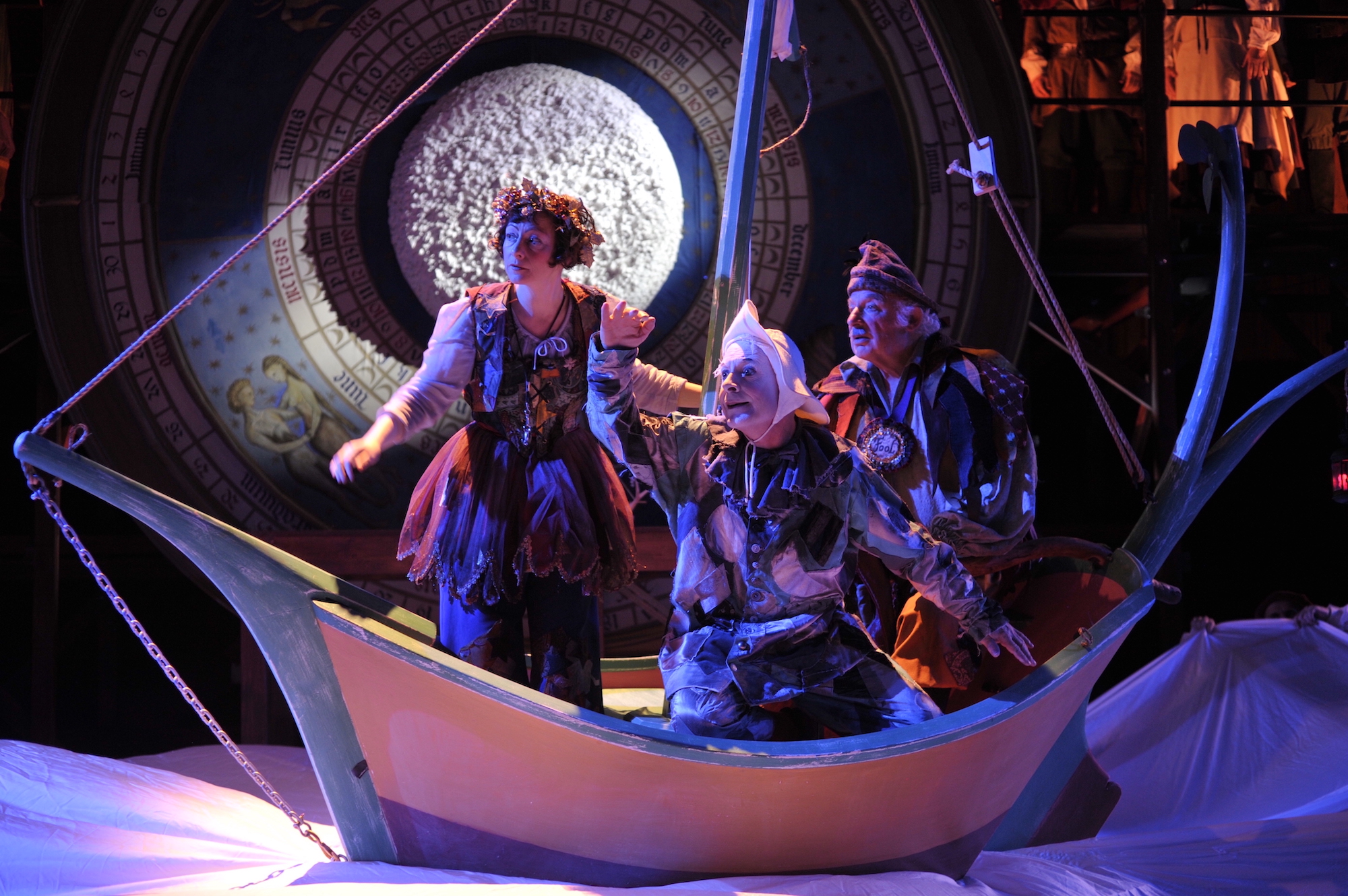
Read More

Read More

Read More

Read More
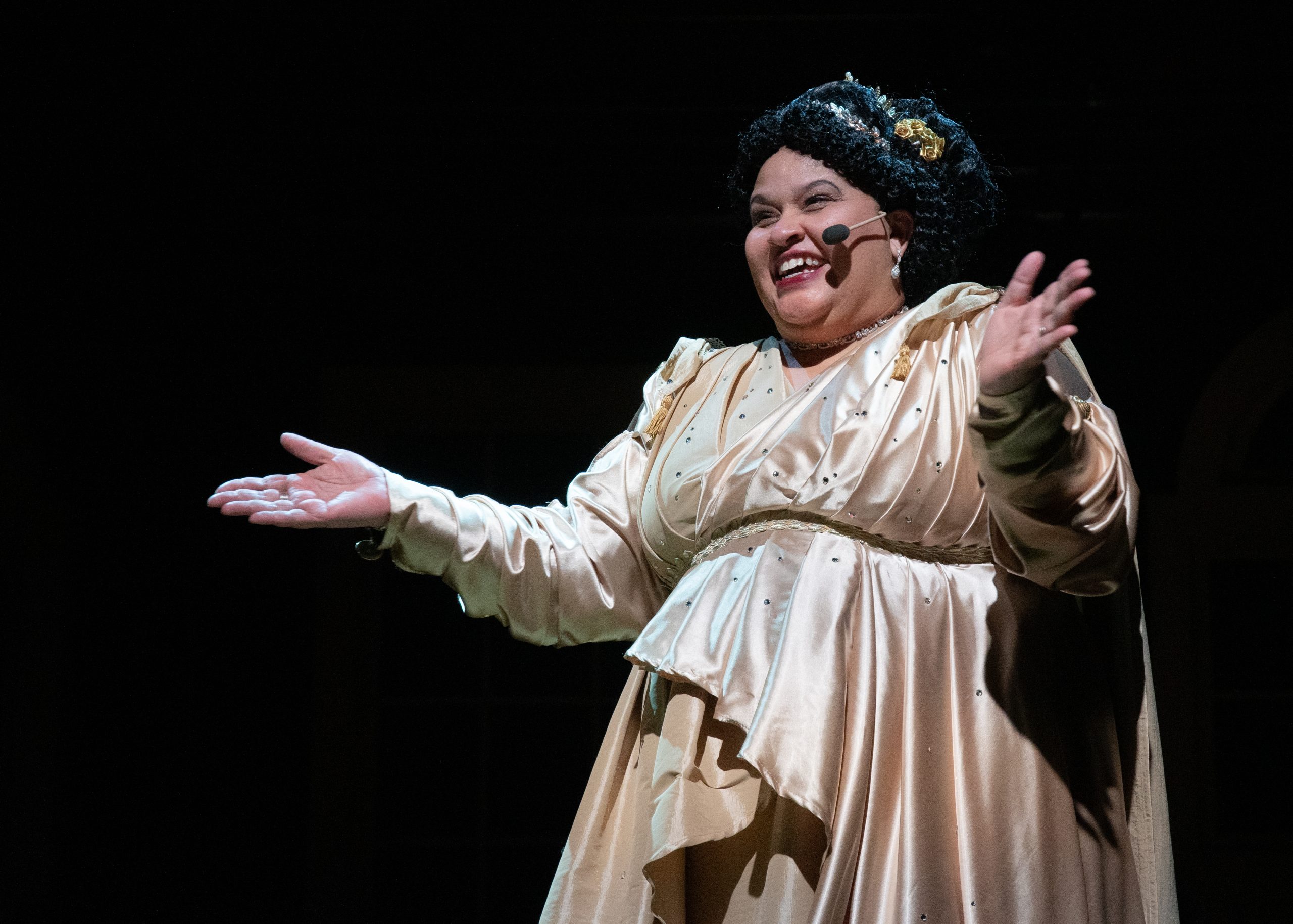
Read More
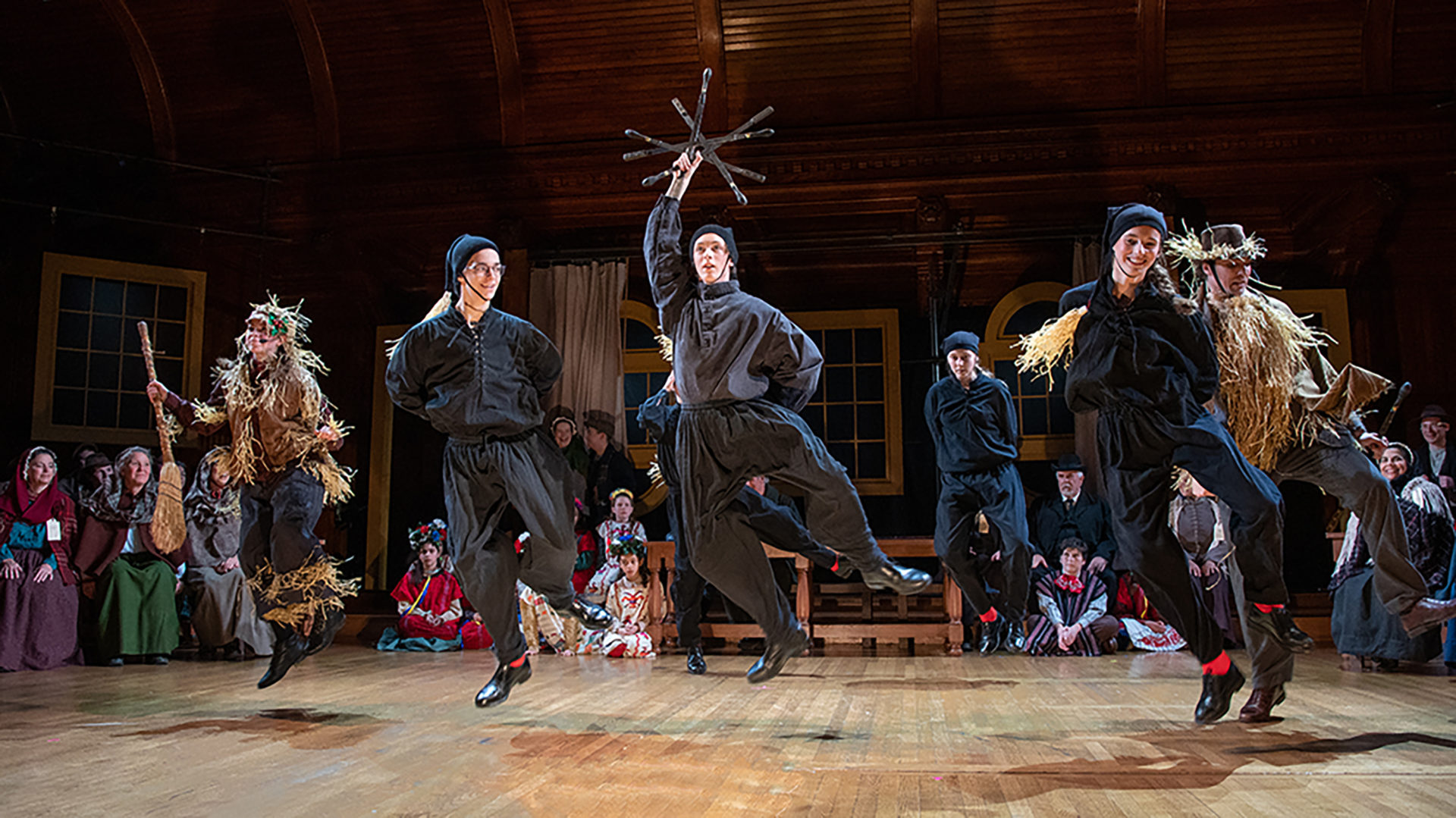
Read More
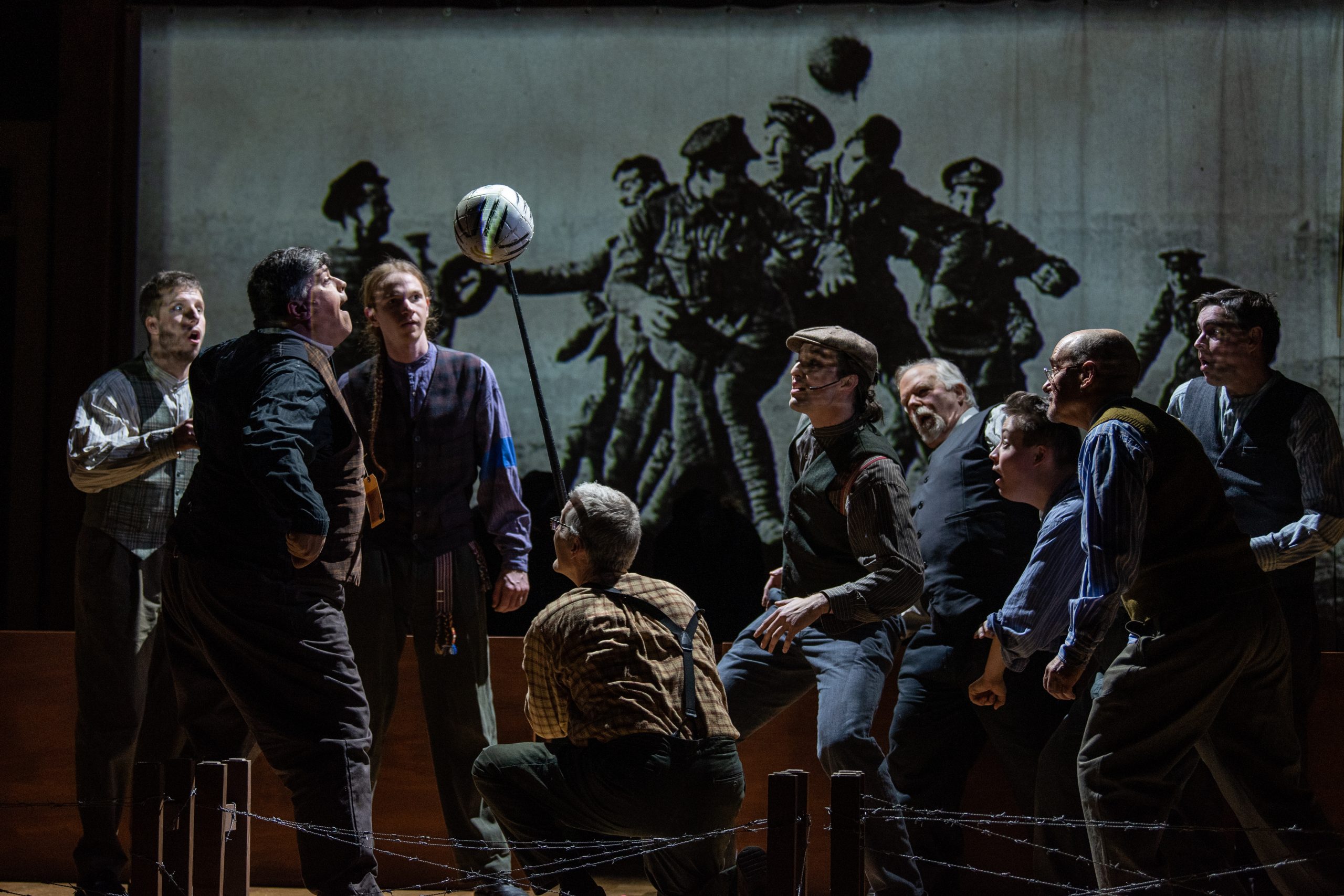
Read More

Read More
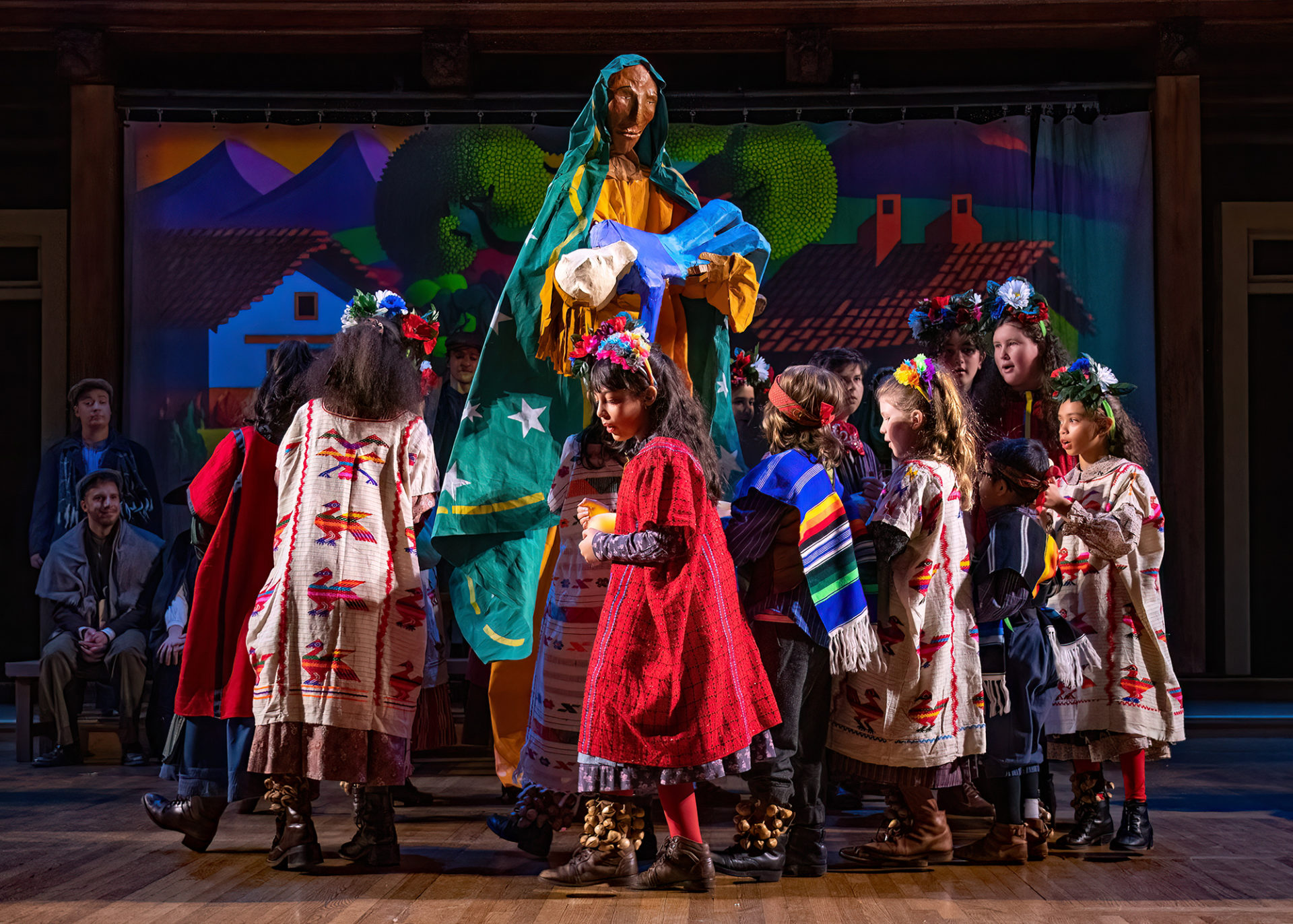
Read More
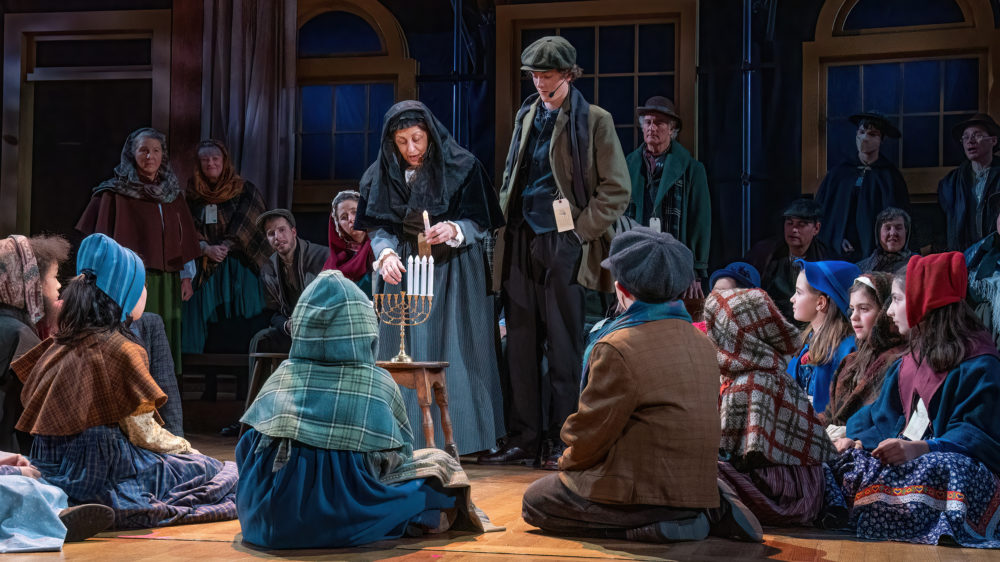
Read More
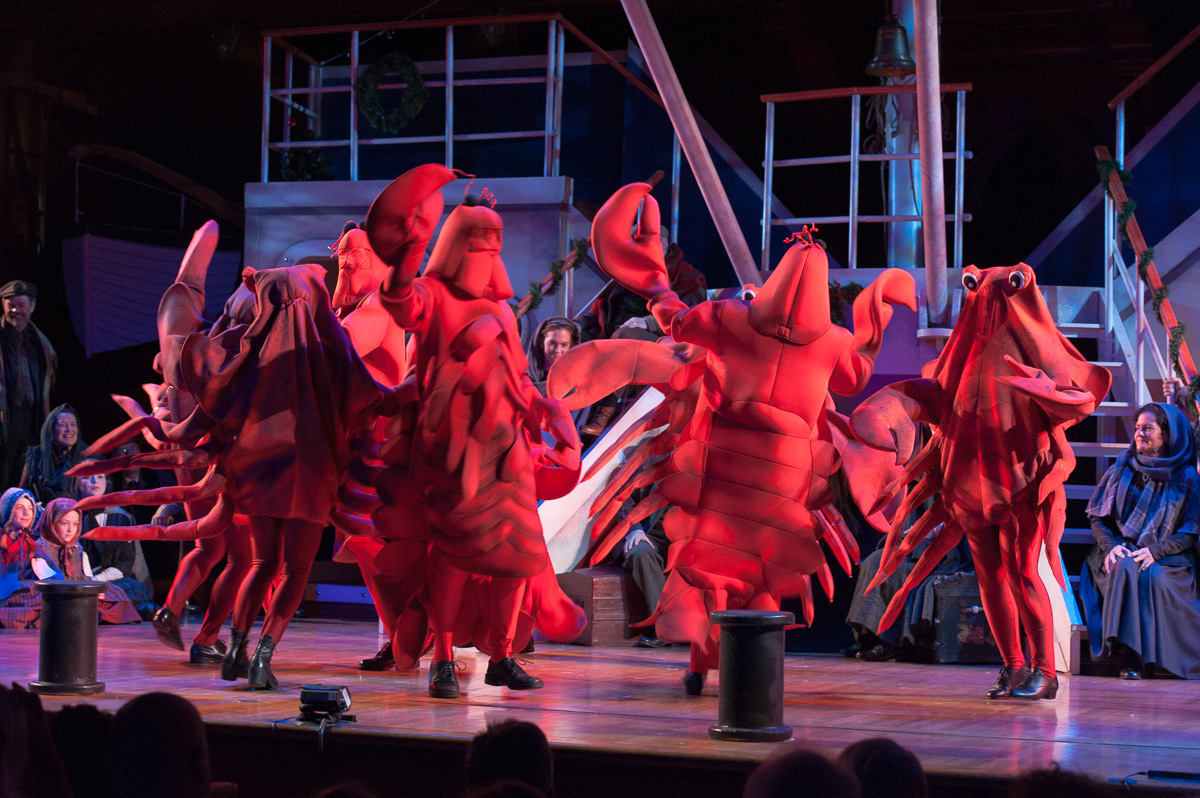
Read More
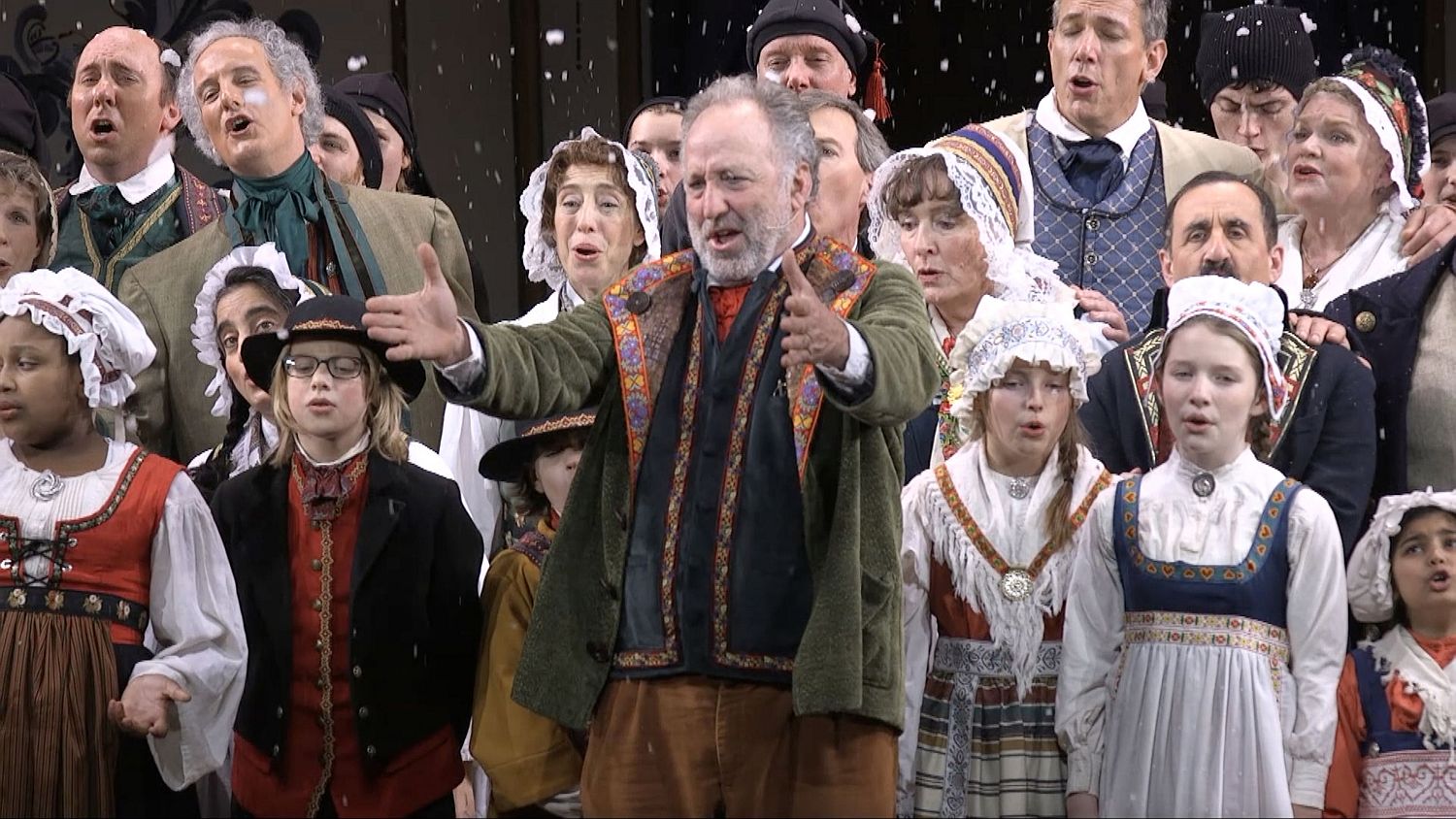
Read More

Read More

Read More

Read More

Read More

Read More
Read More
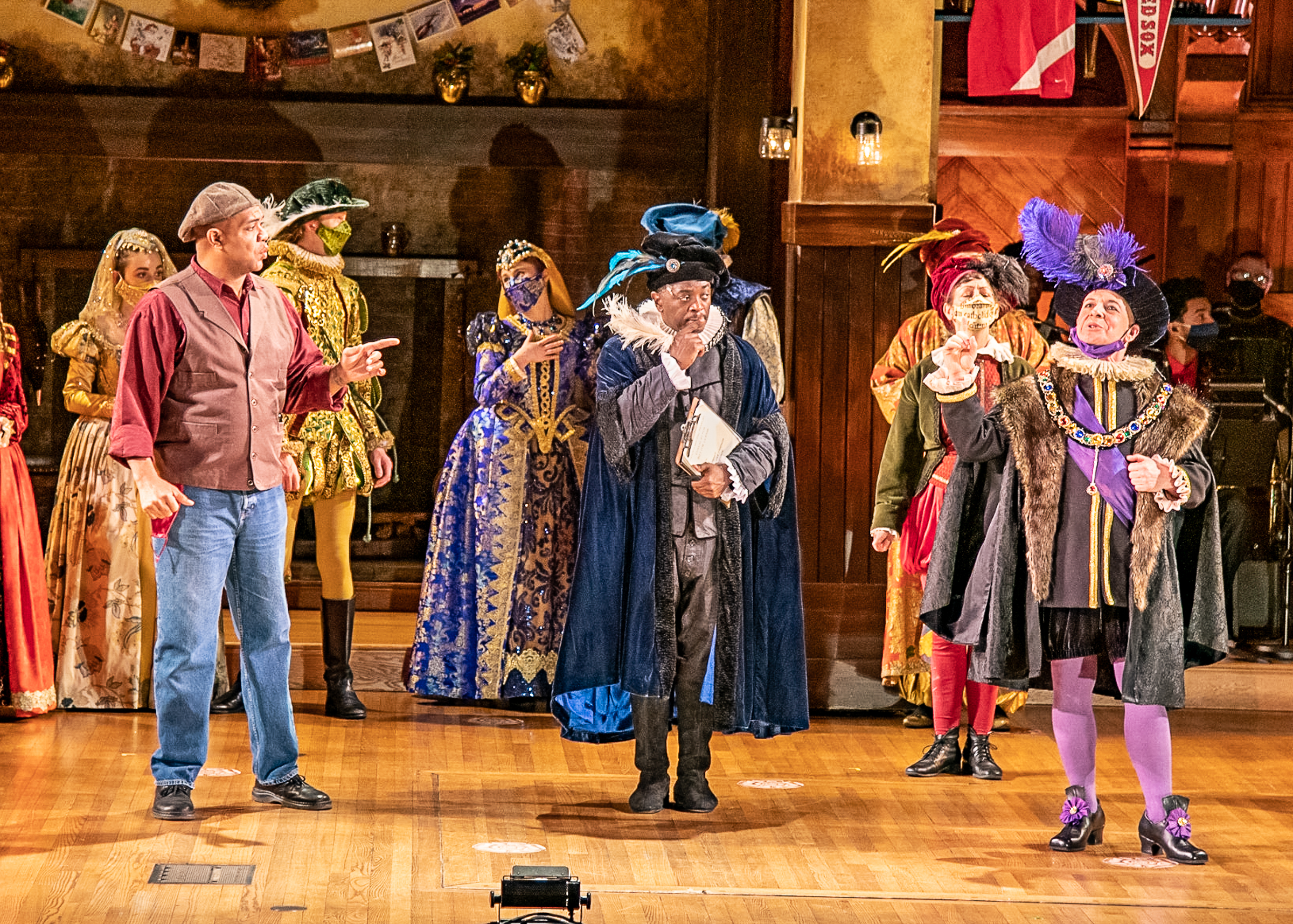
Read More
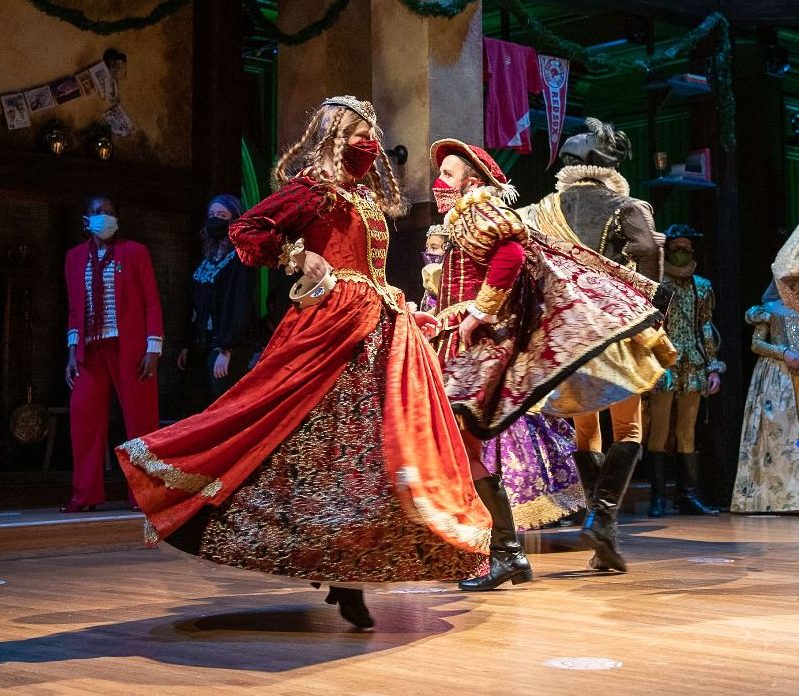
Read More
Read More

Read More
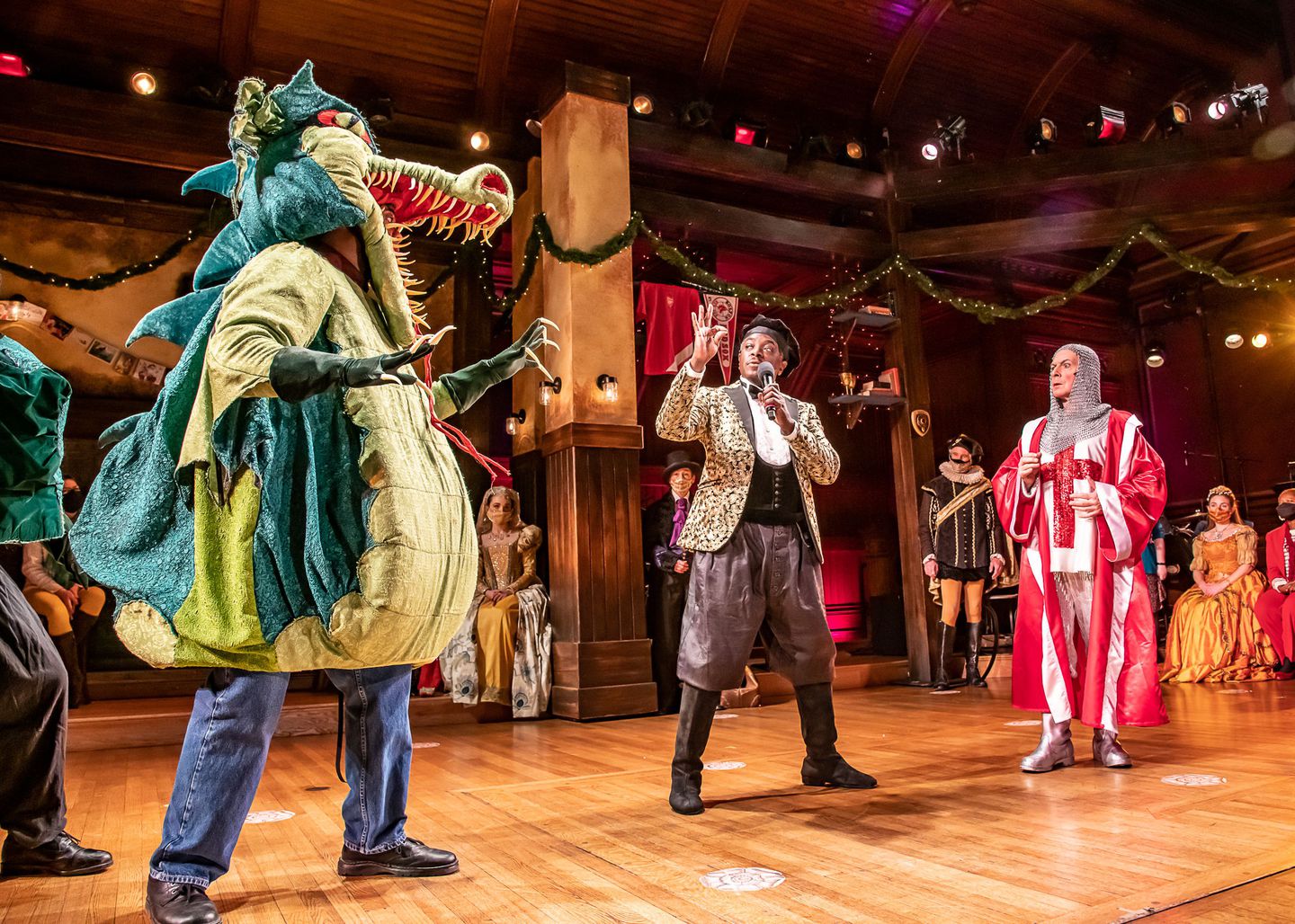
Read More

Read More
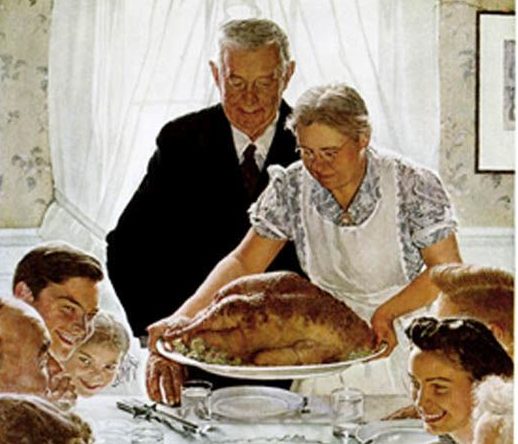
Read More
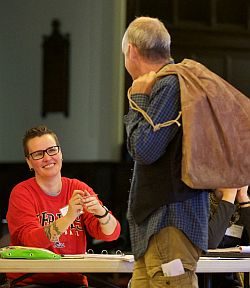
Read More

Read More
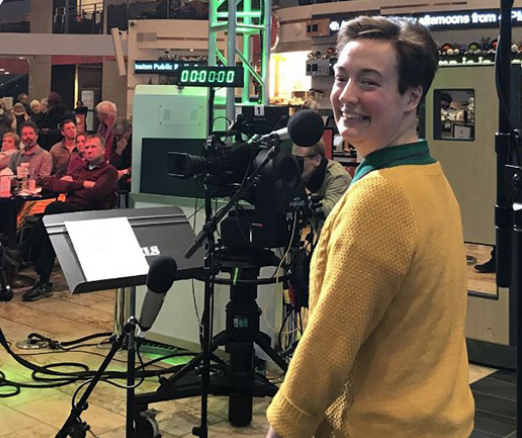
Read More

Read More
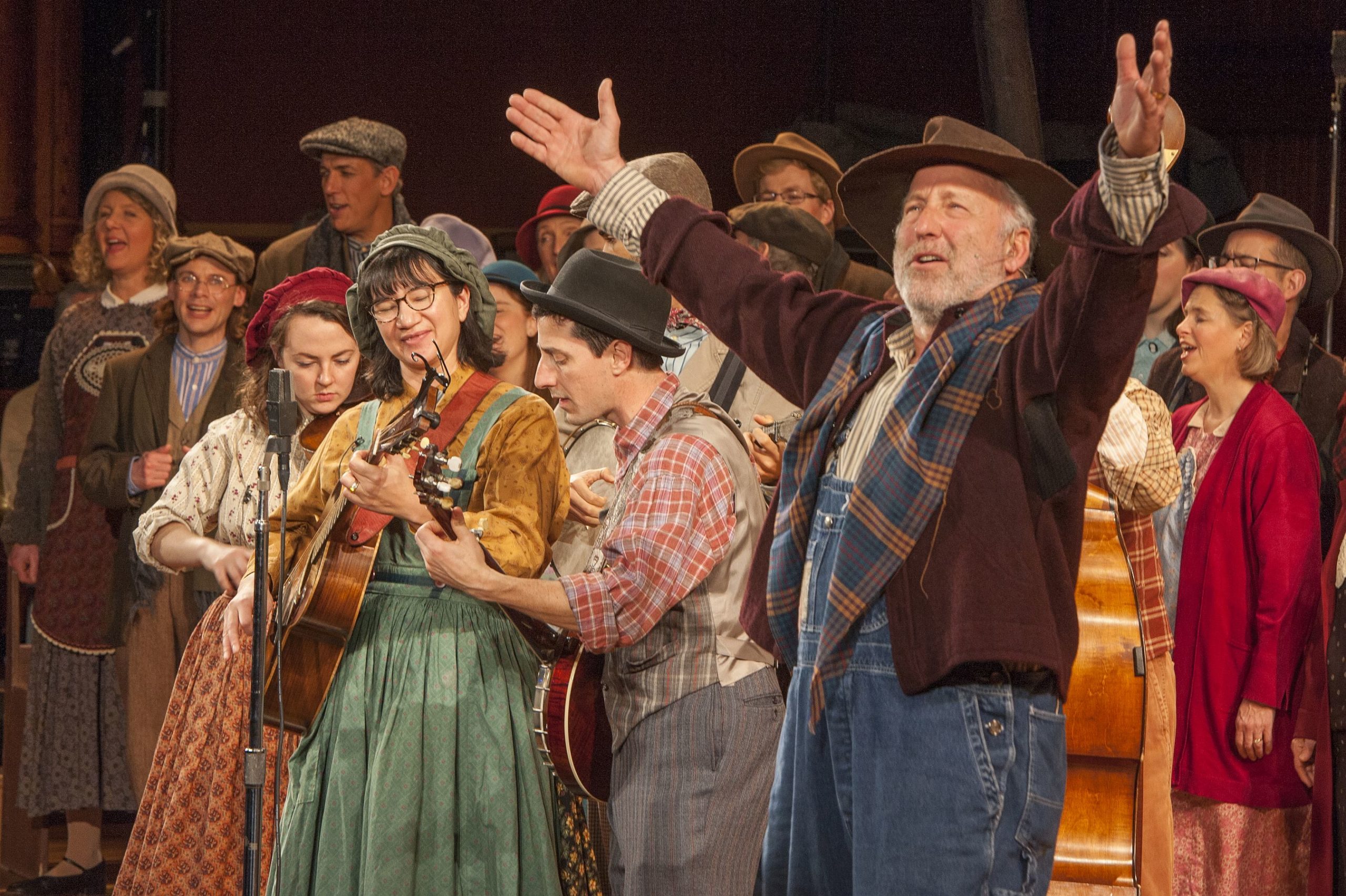
Read More
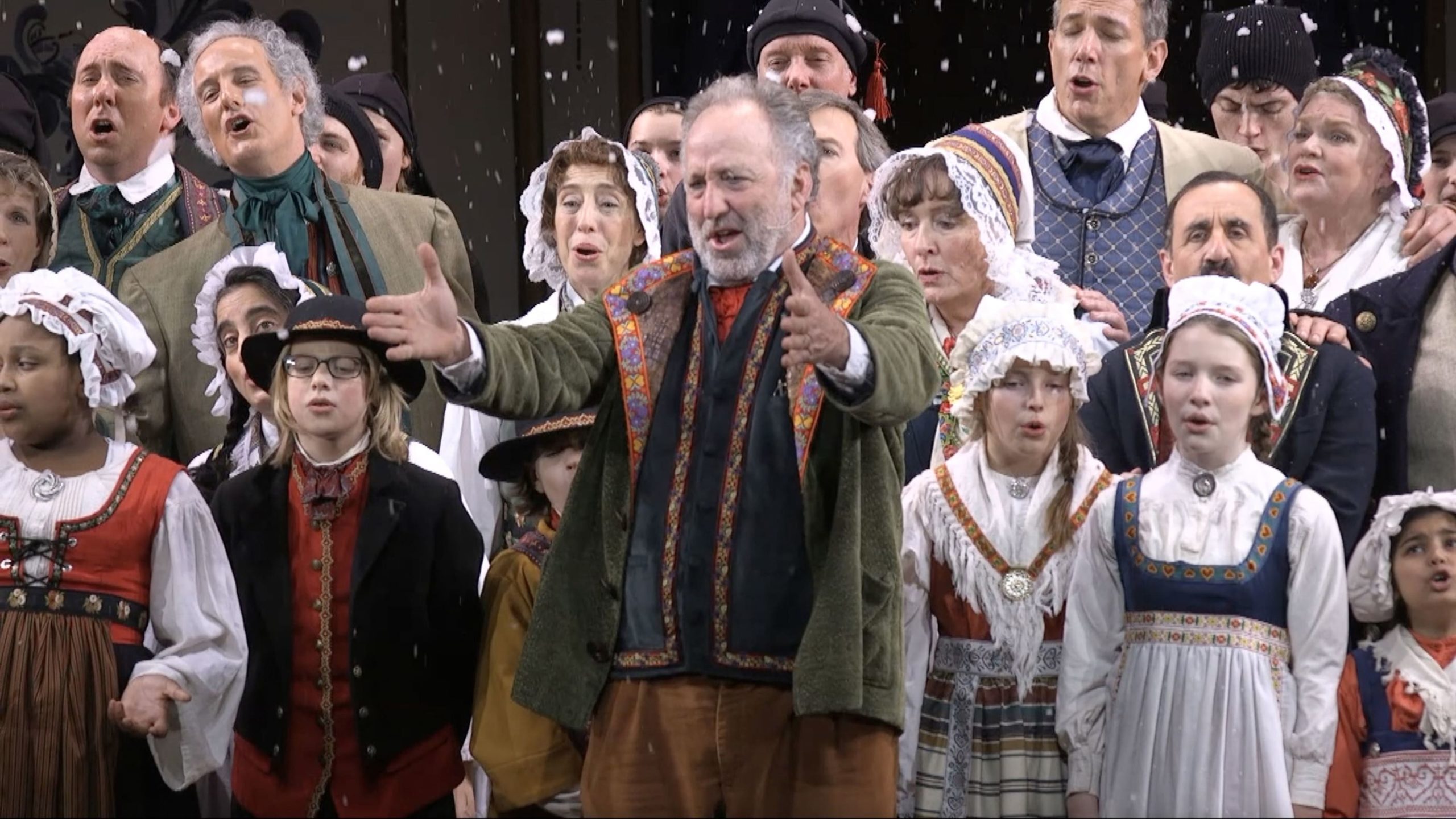
Read More
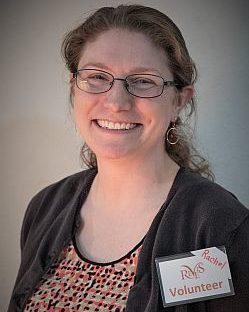
Read More
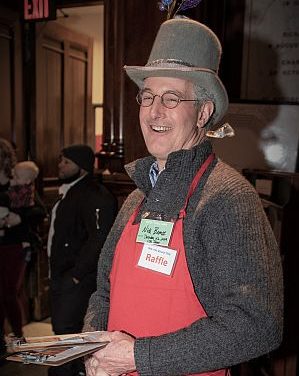
Read More
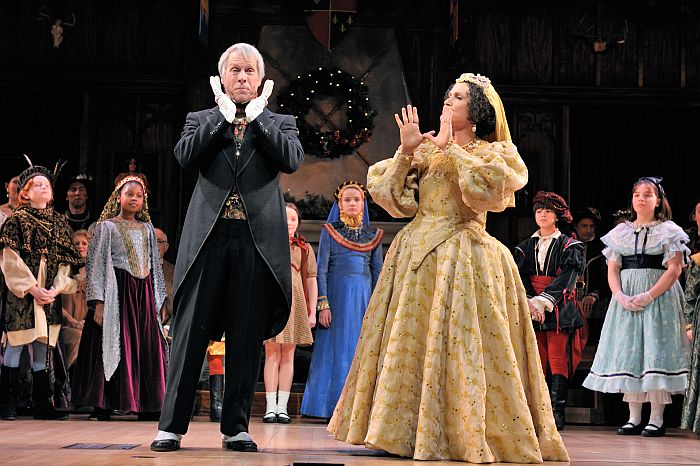
Read More
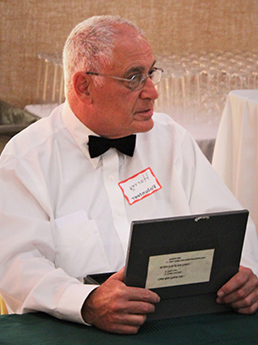
Read More
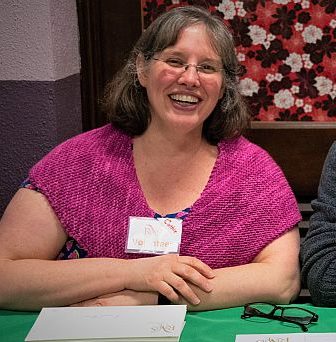
Read More
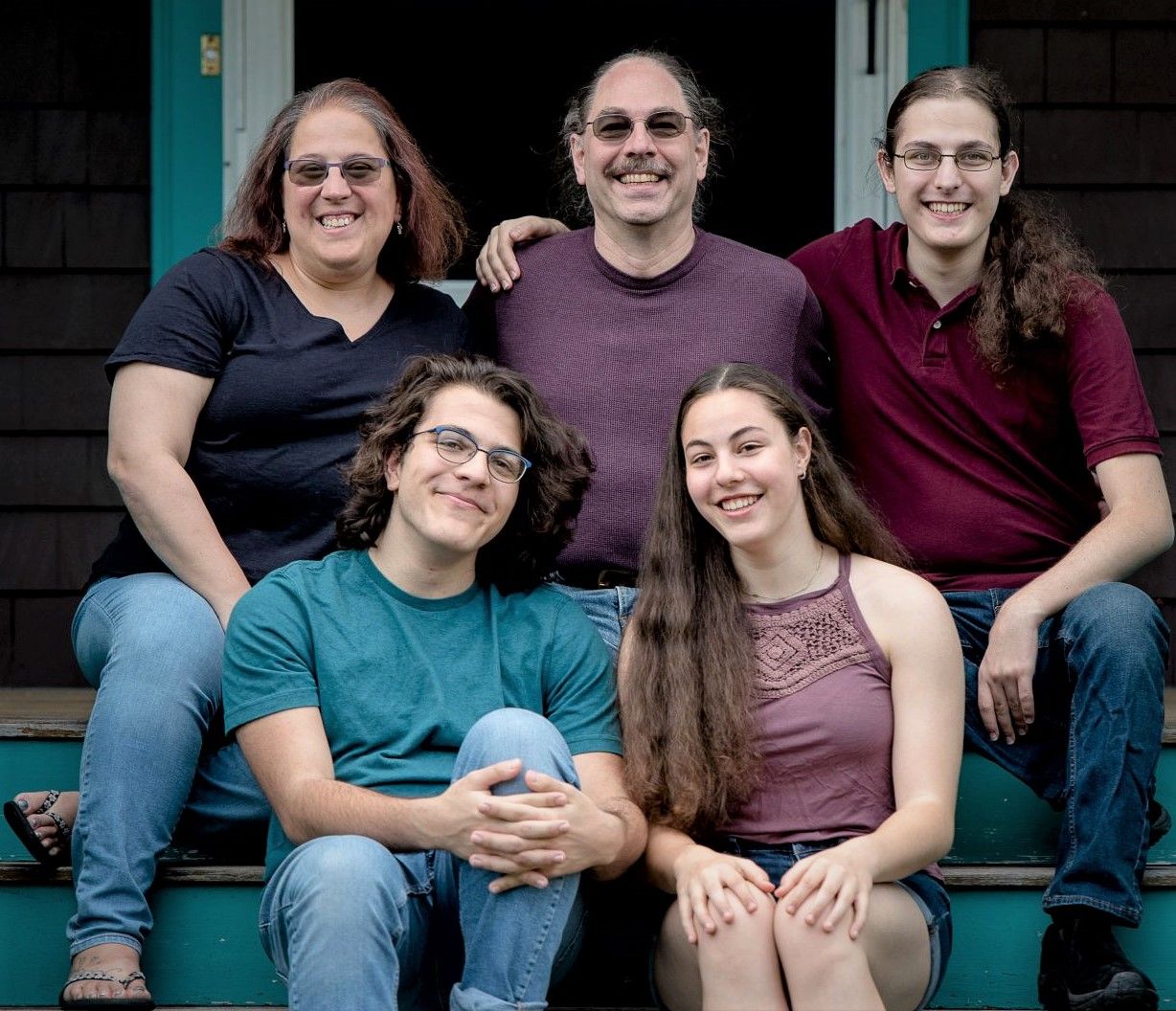
Read More
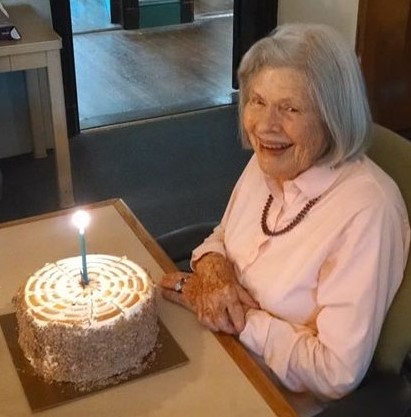
Read More

Read More

Read More

Read More
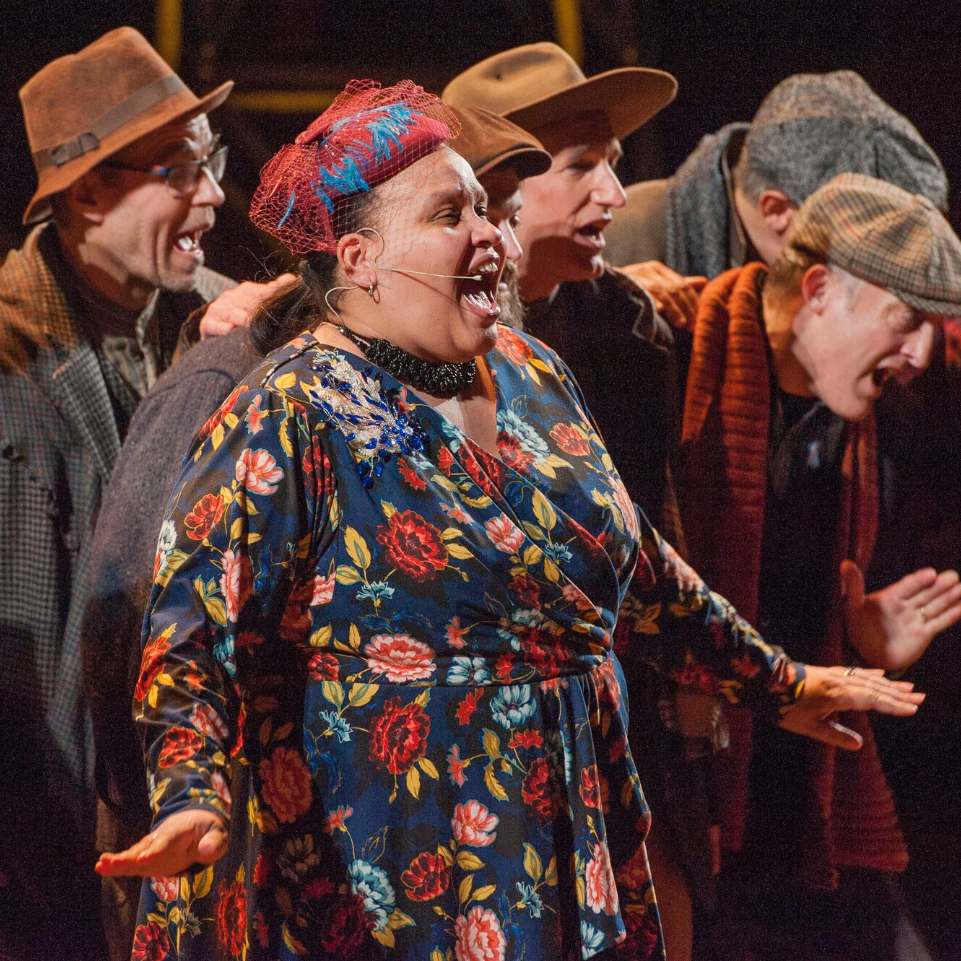
Read More

Read More

Read More
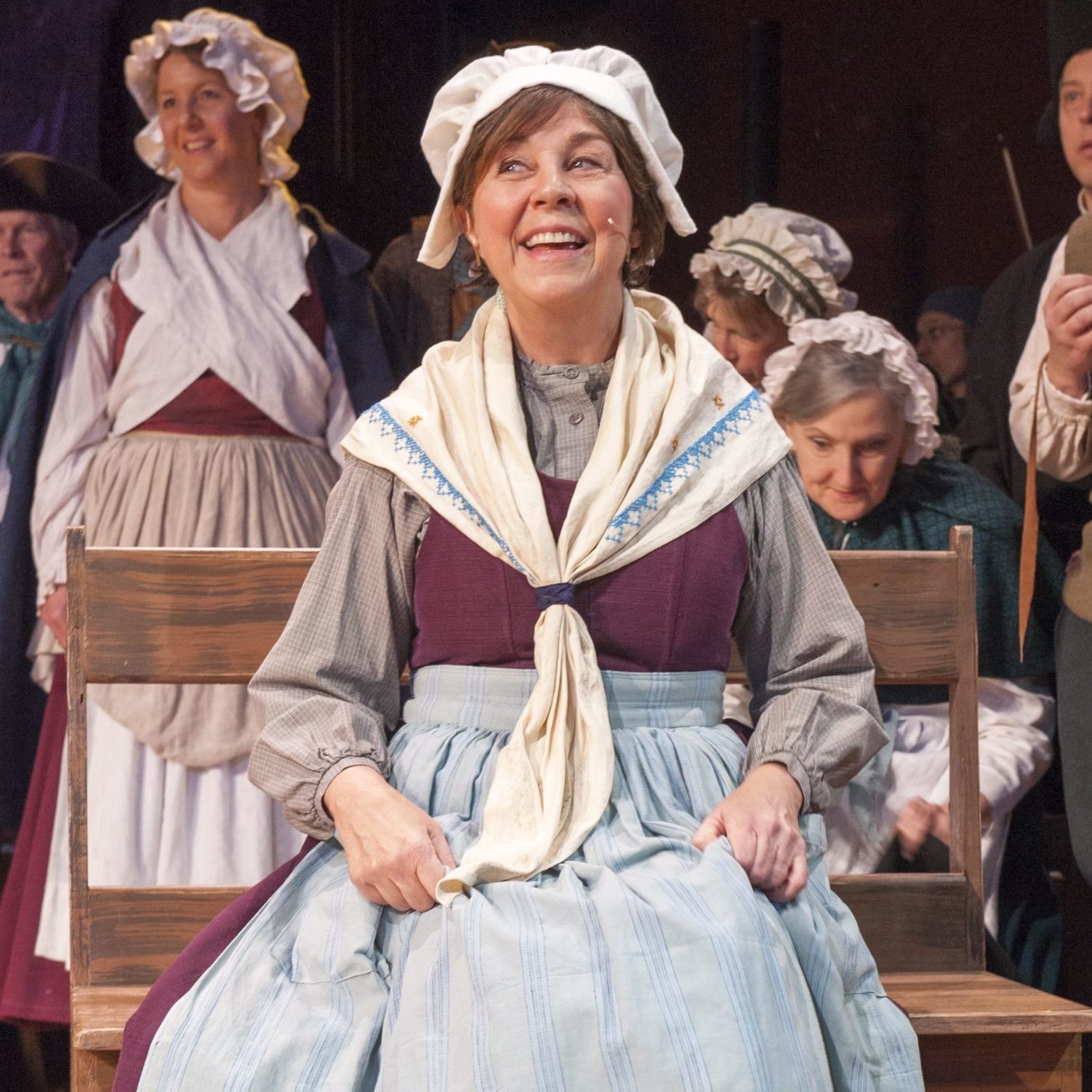
Read More
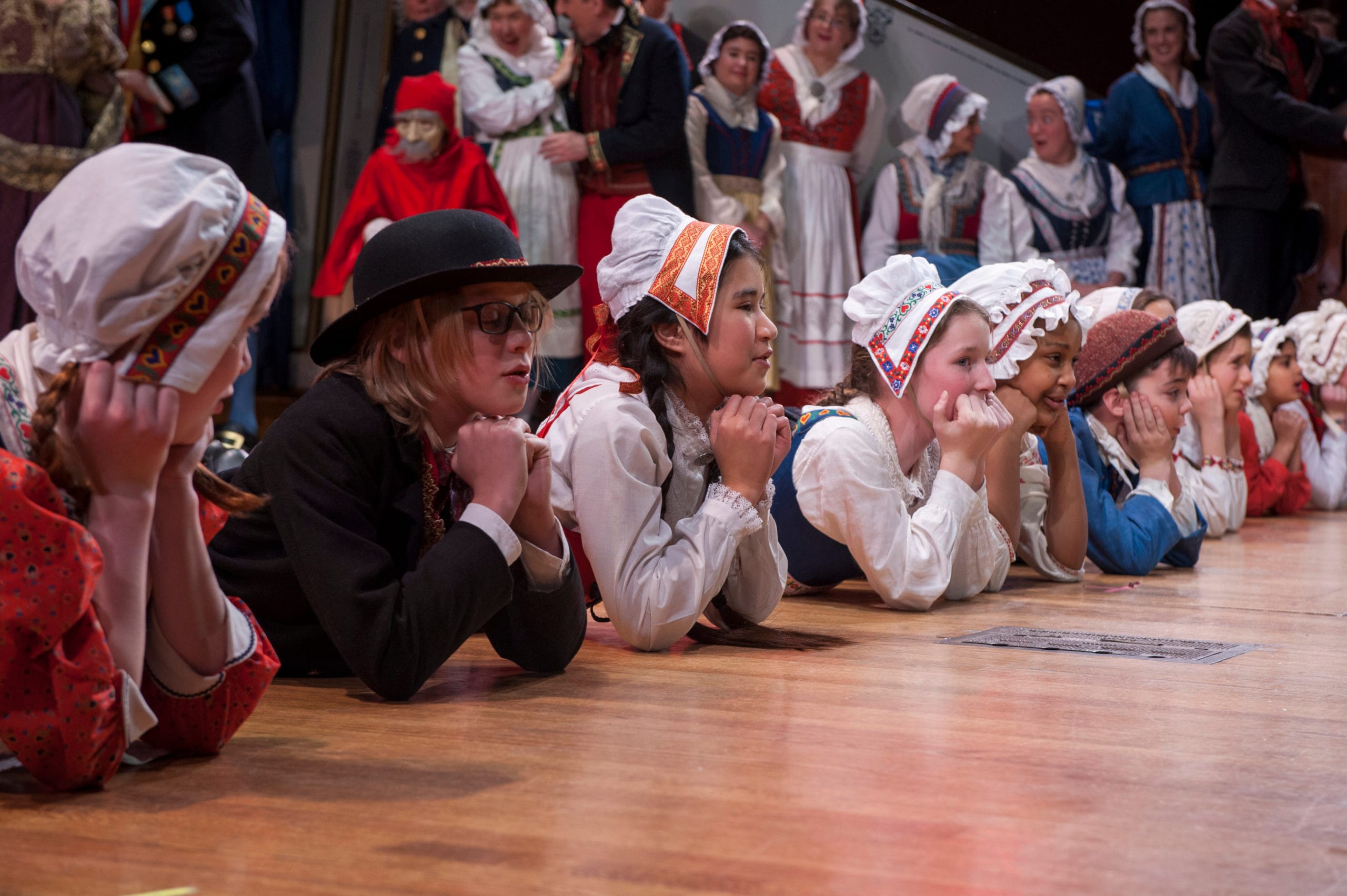
Read More

Read More

Read More

Read More
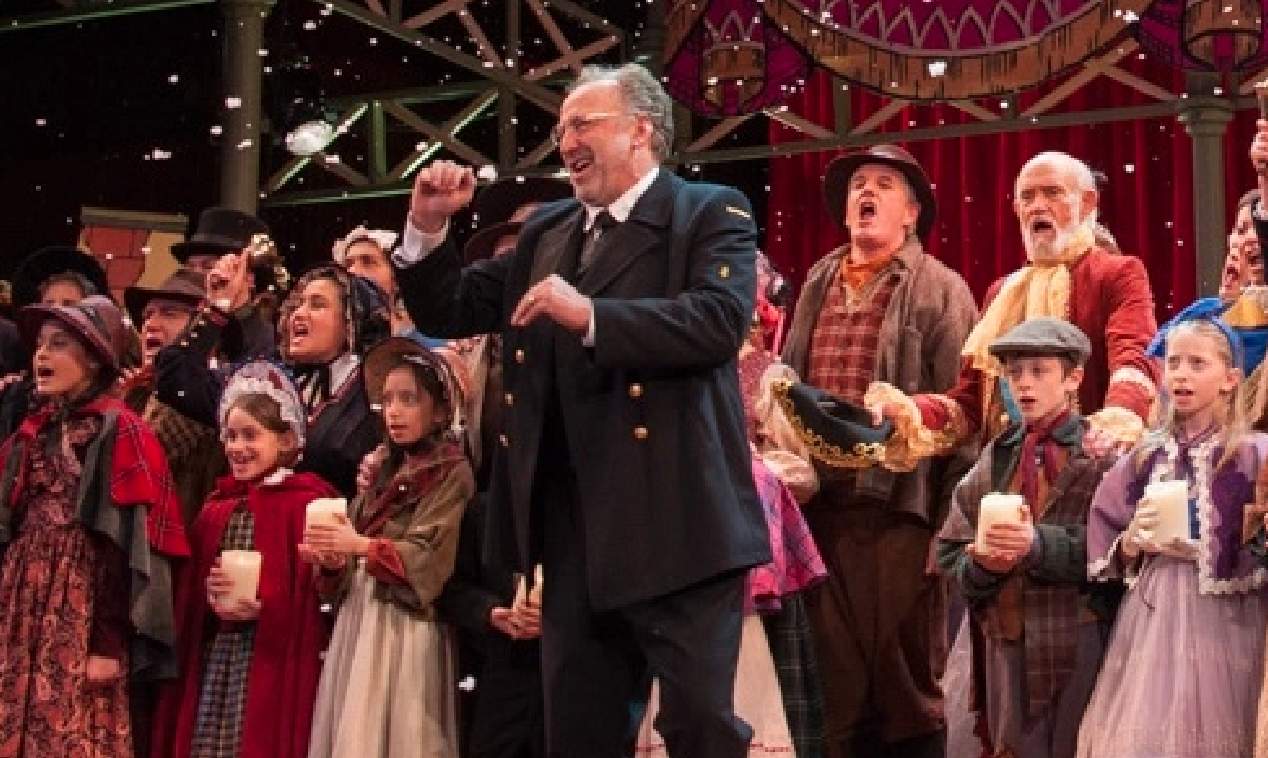
Read More

Read More
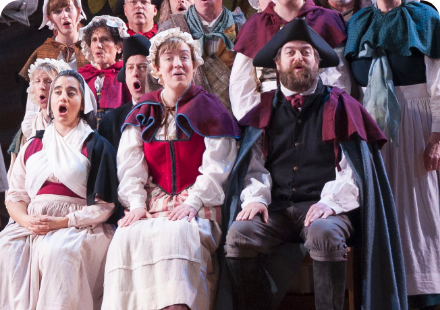
Read More

Read More

Read More

Read More
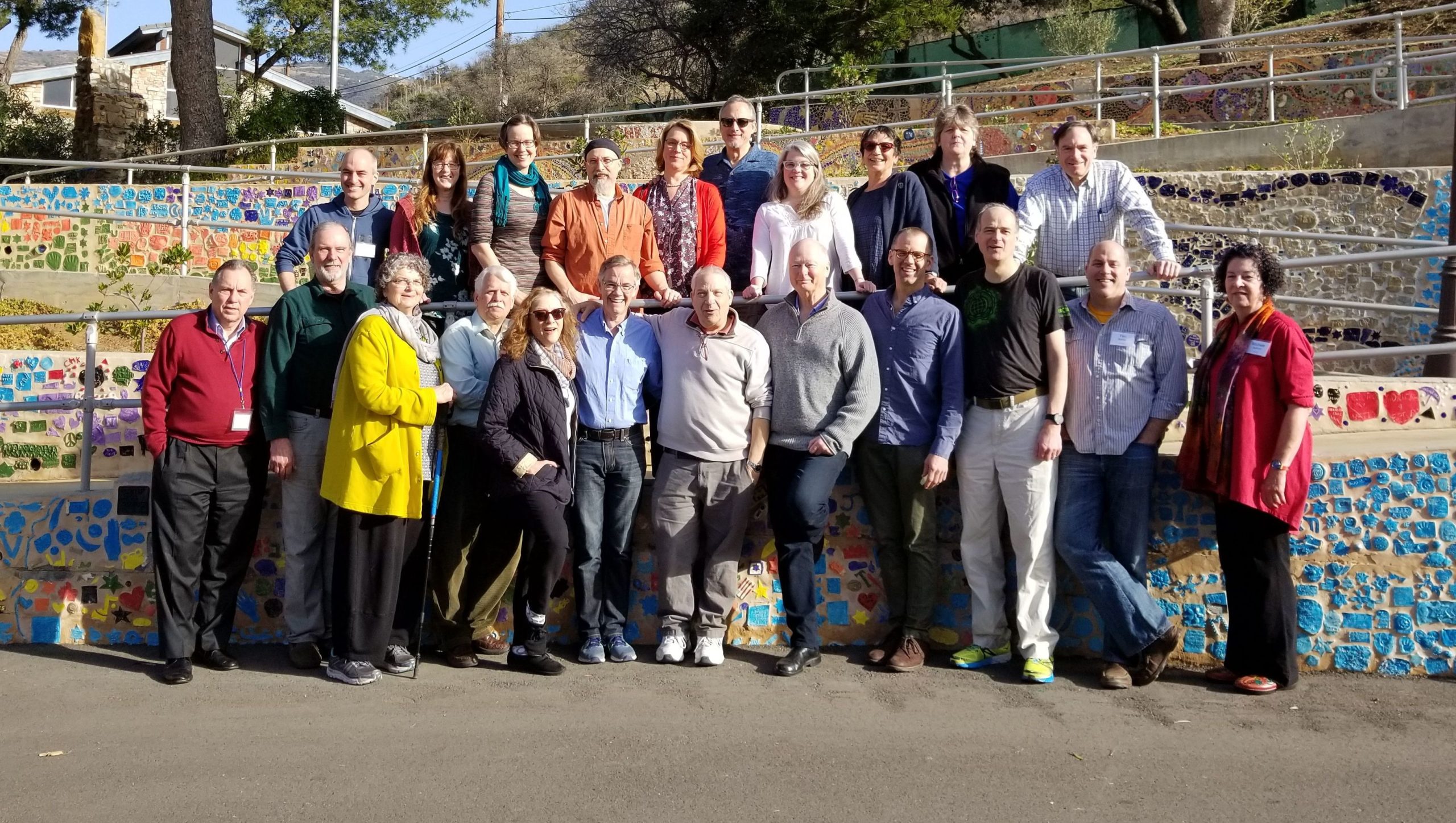
Read More

Read More

Read More

Read More

Read More

Read More

Read More

Read More
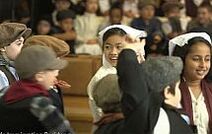
Read More

Read More

Read More

Read More

Read More

Read More
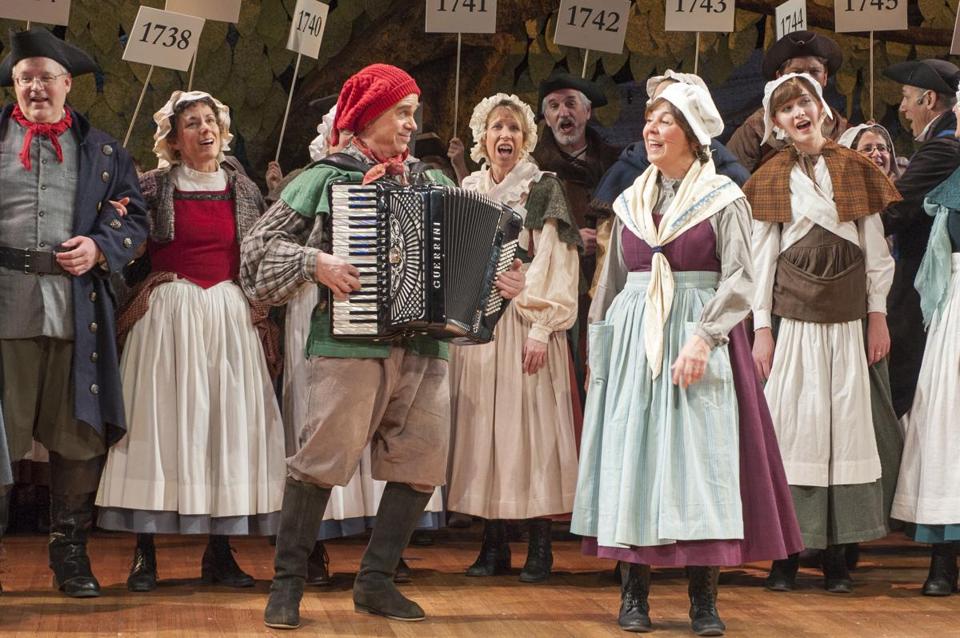
Read More

Read More

Read More

Read More

Read More
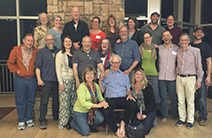
Read More

Read More

Read More
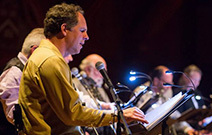
Read More
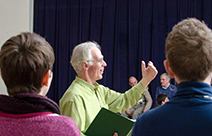
Read More

Read More

Read More
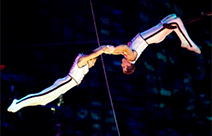
Read More

Read More

Read More
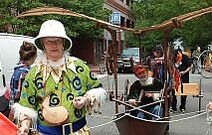
Read More

Read More

Read More
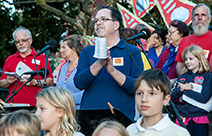
Read More

Read More

Read More

Read More

Read More

Read More

Read More

Read More
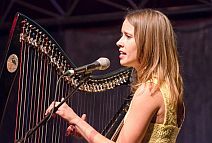
Read More
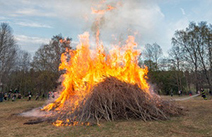
Read More

Read More

Read More

Read More

Read More

Read More
